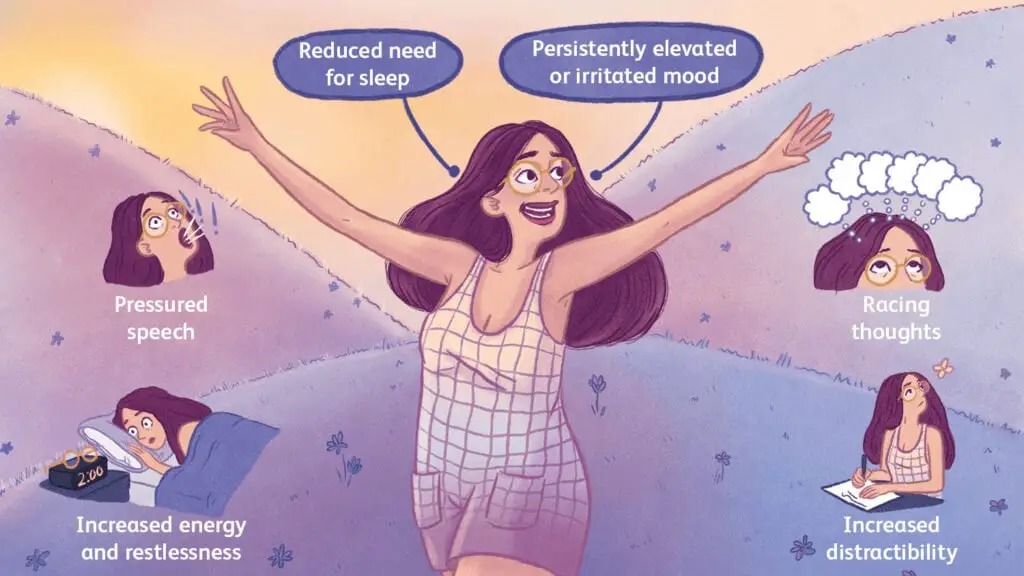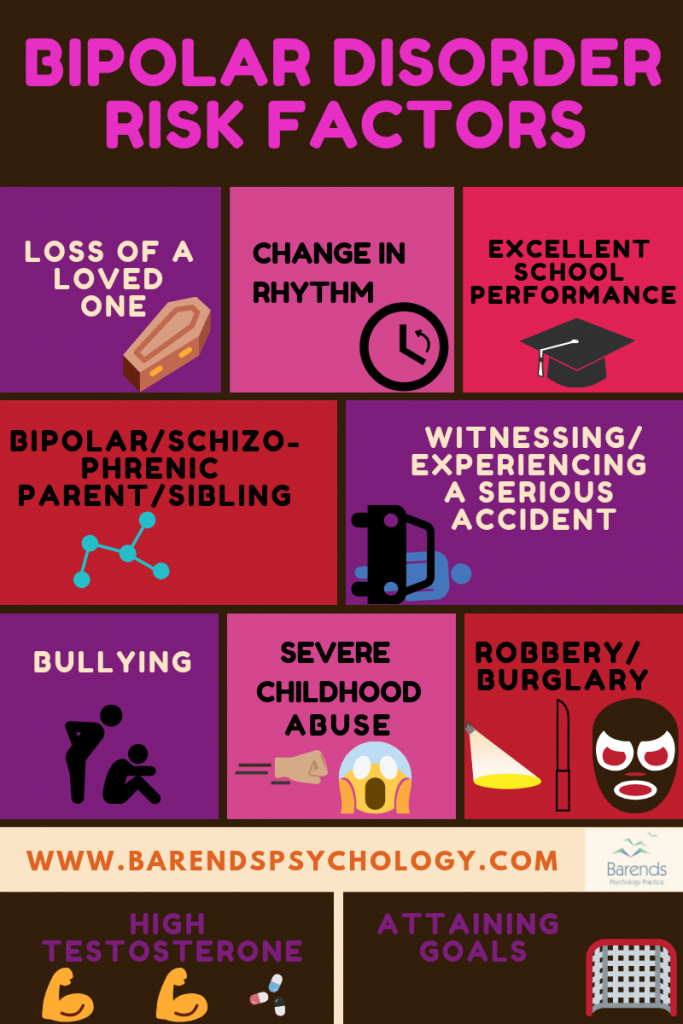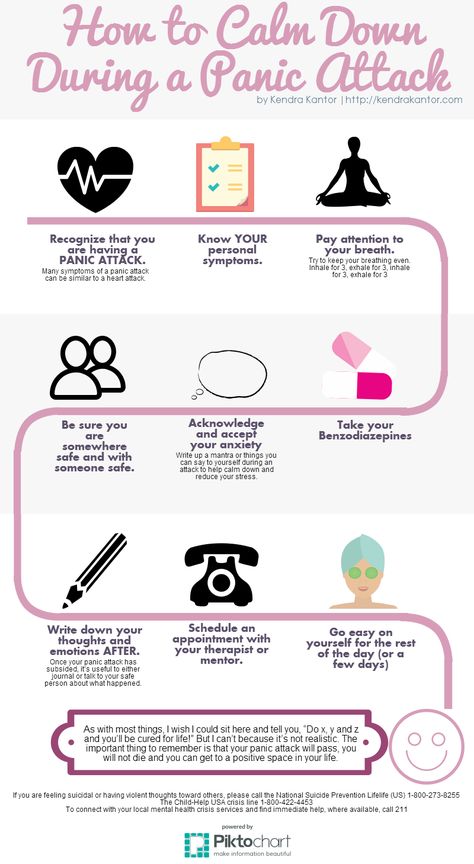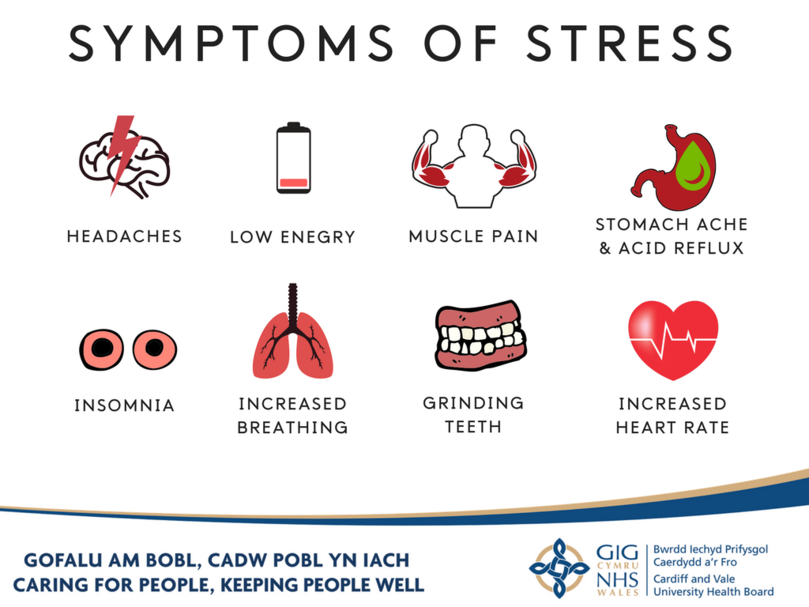Bipolar spending sprees
Bipolar Disorder Mania and Overspending: Causes and Recovery
Is your cash flow as boundless as your energy right now, as free-flowing as all these recent purchases? Or is this a symptom of bipolar mania?
For many, feeling emboldened is often a positive force in “adulting.” But when you’re experiencing symptoms of bipolar mania, that internal spark can trigger impulsive actions that can have long-term consequences on your finances.
Approximately 5.7 million people in the U.S. live with bipolar disorder every year — that’s twice as many folks who went skydiving in 2020. And that’s also how mood shifts from mania can feel: sometimes exhilarating, terrifying, stretched beyond limit, then slack. And over again.
Whether you live with bipolar I
, which centers around mania, bipolar II, which shifts between a slightly less intense mania and depression, or mixed episodes, which are earmarked for both mania and depression simultaneously, the overall condition can cause your energy levels to fluctuate.
Bipolar disorder can also affect your concentration, perception, and decision-making. Let’s break this down so we can build you up with insight and tools.
Bipolar disorder comes with a range of symptoms with varying intensity, including:
- feelings of intense depression and despair
- manic feelings of extreme happiness
- mixed moods such as depression with restlessness and overactivity
The disorder can also lead to impulsive spending sprees, usually during an episode of mania.
During an episode of mania, you will likely feel energized and powerful. During a depressive episode, your mood may fall to indifference or hopelessness.
Though you may find yourself on a spending spree during any bipolar phase, overspending is often linked to mania.
What clinical experts say
The reference guide on all things psychiatric is called the Diagnostic and Statistical Manual of Mental Disorders (5th ed.), known as DSM-5. It catalogs mental health conditions for clinicians.
According to the DSM-5, one of the hallmark symptoms of mania is “excessive involvement in pleasurable activities with high potential for painful consequence.”
The manual gives specific examples of:
- unrestrained buying sprees
- compulsive sexual behavior
- impulsive business investments
Studies on excessive spending during mania and depression
Research presented in 2017 on people managing bipolar disorder clarified motivations and emotions that induced spending sprees. Participants reported the cycle of spending money because they already feel good, followed by guilt, remorse, anxiety, depression, then spending to feel good.
What people managing bipolar disorder say about their overspending
Dr. Thomas Richardson, a principal clinical psychologist in Portsmouth, England, interviewed 44 people living with bipolar disorder and led a focus discussion group with six. He reports some recurring themes, quoted from participants:
- “[I’m] prone to burying head in the sand, ignoring demands for payments.
 ”
” - “Impulsive purchases… will spend all that I have when I am manic or hypo-manic.”
- “I became high and gave away all my savings to charity 4 years ago.”
- “It’s a vicious cycle. I realise I’m spending and putting my family in financial stress and leads to larger depression. This then leads to comfort spending again.”
- “During down periods, I essentially comfort spend.”
Was this helpful?
Excessive generosity and spending may seem like a good idea at the time, but it can negatively impact your personal finances. You’re not alone in this.
Though it may not be easy to control urges to spend or give money away, there are steps you can take to help prevent sprees when experiencing an episode of mania.
A supportive inner circle
Support from those who understand compulsive spending during an episode of mania may help you recognize when your spending becomes a problem. Your inner circle can often identify mania early and can help you safeguard your finances.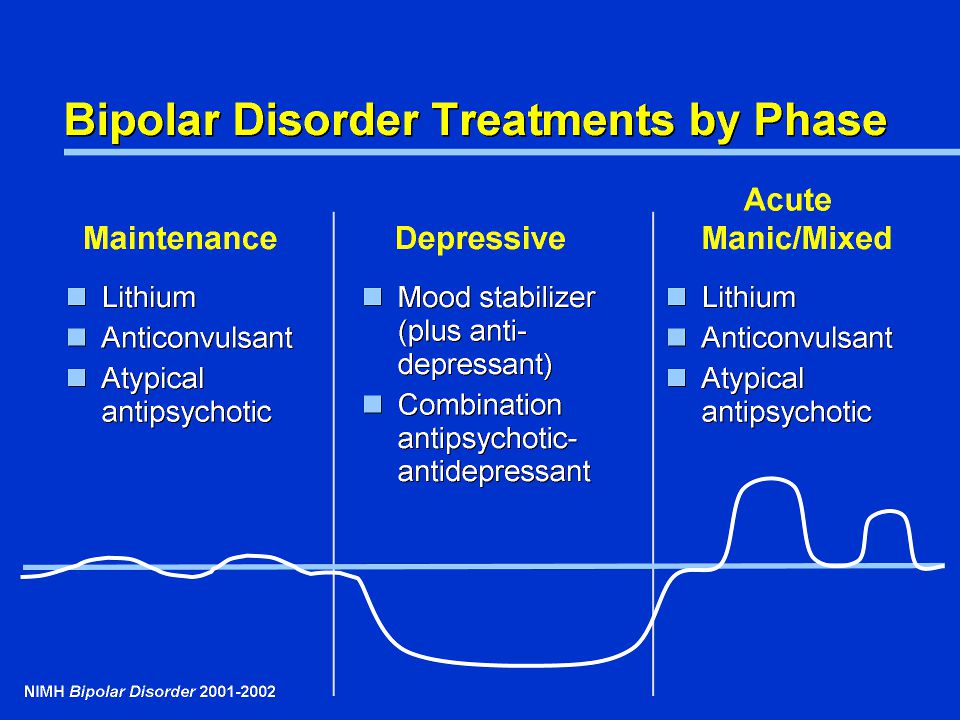
One credit card only
If you have only one card with a low limit, you’ll not be able to spend excessively.
Restricting online access
Having someone password-protect or restrict internet access may prevent impulsive or potentially consequential behaviors, including online shopping.
An IT professional can set up restrictions through your browser settings or add budget apps and extensions for a nominal fee.
A monthly allowance could be beneficial
You can create a budget based on your pay periods. Also, consider paying with cash and reserve your cards for necessities.
Can someone pick up your mail?
Credit companies often send incentives and offers in the mail. If you can, have someone get your mail to filter out the credit offers and retail direct mail.
Another consideration is opting out of credit card offers altogether, using a tool like this. You’ll stop receiving catalogs and email prompts by registering here.
Consider a professional accountant or power of attorney
If you don’t have someone you can trust with your finances, a professional service can help you budget and curb spending when you’re experiencing an episode of mania.
A spending log can set boundaries
Having someone you can trust can be a critical part of preventing a spending spree. You can talk with loved ones or friends or get professional assistance. Not only will you be able to limit your spending, but you’ll also have a support network in place during bipolar disorder treatment.
How do you work on restoring financial stability while living with bipolar disorder?
Bipolar disorder doesn’t mean you have to accept debt. Options include:
Professional management
Accountants and other finance professionals can help you get out of debt. Besides budgeting your money and finding areas you can consolidate, they may direct you to local resources for debt relief assistance.
Bankruptcy
Bankruptcy is advised as a last resort if your debt has gotten out of control and repayment is not possible. Declaring bankruptcy will erase some — if not all — of your debt but does come with long-term credit score consequences.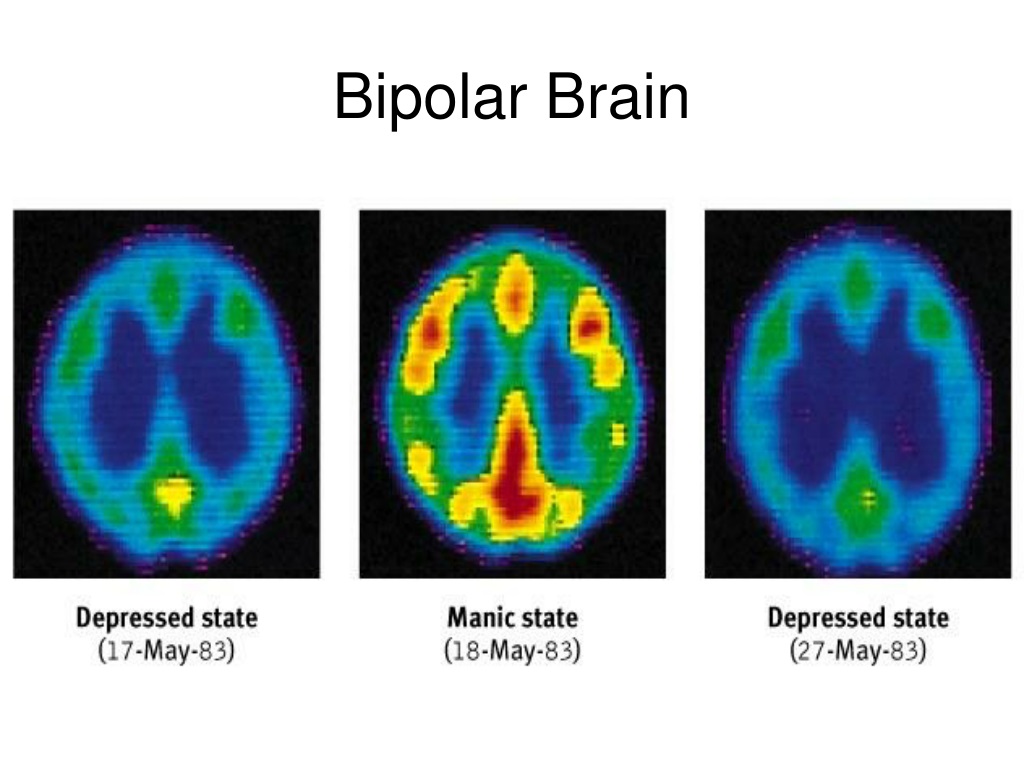
No credit means no credit score for some time, so exercising caution if you’ll need a car loan or are considering a major purchase would be a wise move. A bankruptcy attorney can discuss your options.
Social Security Disability Insurance (SSDI)
SSDI offers financial assistance for people living with bipolar disorder. You can speak with your local Social Security office to see if payments may be available to you for debt relief.
Supplemental Security Income (SSI) program
SSI funds may be available to you if you’ve lived with bipolar disorder for more than 2 years, have strong symptoms, and are in a treatment program.
Try contacting your bank and credit holders
Financial institutions want you to keep making payments. If you default on your loans, they may never see any money. For this reason, many are willing to work with you to create payment schedules or to consolidate debt.
You may want to contact your local financial professional or banking institution for debt consolidation services that are right for you.
Setting up automatic payments
When you don’t have to think about paying a bill, you are less likely to change the amount you want to pay. You may want to set up automatic payments with the extra money going toward the debt principal. This will help you pay extra without having to think about it.
For some, mania can feel like an unraveling from the inside out. Impulsive behaviors may patch the fray for a short time, but they can ultimately result in irreparable damage.
You may not realize when an episode of bipolar disorder mania prompts behaviors that can result in social, interpersonal, legal, or financial consequences. But there is hope — and you can have a backup plan.
Having internet browser restrictions, a cash budget for casual spending, and one limited credit card are options.
Also, an inner circle with whom you can lean on for accountability and support can help you prevent spending sprees and impulsive financial investments before your wallet foots the bill.
You can take a deeper dive into creating a plan of action to best bipolar disorder here.
Controlling Bipolar Mania's Spending Sprees
Post Views: 40,604
Views
For much of her life, Lynn assumed her love of spending money was nothing more than a carryover from her childhood.
“There were some warning signs, but I thought it was because I came from a family that didn’t have much money,” she says. “When I got a job, I would spend down to the last penny in my pocketbook. That’s no exaggeration.”
For Lynn, things only deteriorated from there. On top of irrational spending sprees— “I’d go to the store and end up buying things at random whether I needed them or not”—she began to bounce checks regularly. She borrowed money from every source possible. It was only when she was diagnosed with bipolar disorder did she understand that her money problems ran even deeper than she thought.
“At one time I had eight outstanding payday advance loans, five of which I am still paying on. It got so bad with those that one time one of the lenders called me at work and said they were going to get me for Internet fraud because of applying for loans on the Internet and then not following through with the payment,” she says. “I ended up borrowing money from three co-workers to help pay off the most pressing loans. Nobody could believe the things I did.”
It got so bad with those that one time one of the lenders called me at work and said they were going to get me for Internet fraud because of applying for loans on the Internet and then not following through with the payment,” she says. “I ended up borrowing money from three co-workers to help pay off the most pressing loans. Nobody could believe the things I did.”
People with bipolar disorder are very much like everybody else, and how they handle money is no exception. Just as anyone, those with bipolar disorder can struggle with debt, ill-advised investment decisions, spending sprees, and other money snafus. The only trouble is, the dynamics of the disease can make the ramifications of such missteps all the more disastrous.
However, managing both a bipolar disorder condition and a healthy financial life aren’t lost causes by any means. It takes an understanding of the various ways that a bipolar disorder condition can impact your finances and, equally important, what you can do to head off any problems as effectively as possible.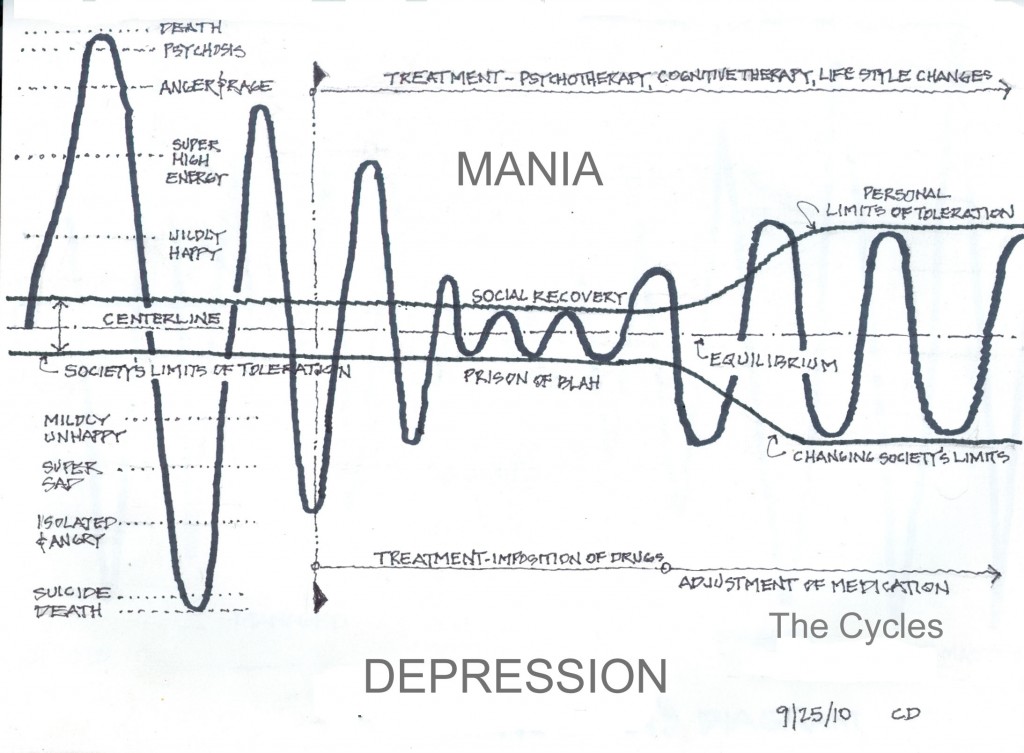
One of the most common problems experienced by people with bipolar disorder are spending sprees—shopping expeditions that are really more about the spending process itself rather than any genuine desire for the items purchased.
“People use a variety of strategies to self-medicate. Shopping can definitely be one of them,” says John O’Brien, PhD, a Portland, Maine, psychologist. “They can go off on spending sprees that grow into genuine manic episodes.”
But the possibility of real financial problems isn’t limited to low periods when spending can lift a mood. As Frank Mark Mondimore, MD, a psychiatrist and member of the clinical faculty of the Johns Hopkins University School of Medicine, points out, the opposite can prove just as devastating. During those “up” periods in which a patient’s confidence is exceedingly—if not excessively—high, financial choices can be made that seem sensible at the time but, in retrospect, are downright foolhardy.
“One of the hallmarks of the [up] condition is overconfidence,” says Dr.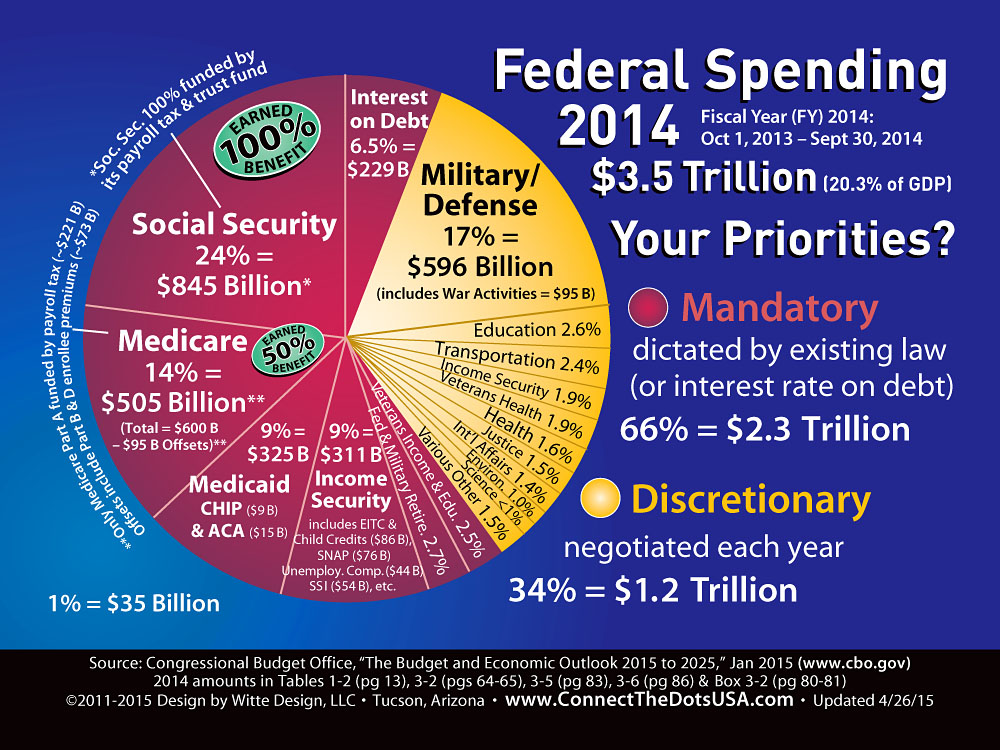 Mondimore. “People can do foolish things financially and take risks they may not otherwise take.”
Mondimore. “People can do foolish things financially and take risks they may not otherwise take.”
It’s not uncommon for financial professionals to get a firsthand view of the damage that bipolar disorder can wreak on what once was a solid financial life. Financial planner Glen says he recently started working with a female client who presented him with a $400,000 financial portfolio. While seemingly substantial, it was paltry when compared to the $1 million nest egg with which she started out shortly before.
“She initially had $1 million, but then she started day-trading stocks on the Internet,” says Glen. “She lost about $600,000 in a manic spree. When we started working together, she told me that she suffered from bipolar disorder.”
Unfortunately, the workings of bipolar disorder are often insidious enough that the problem is difficult to detect. For many people with bipolar disorder who dive into a morass of financial missteps, they are sufficiently out of sorts that it is clear that something is not right.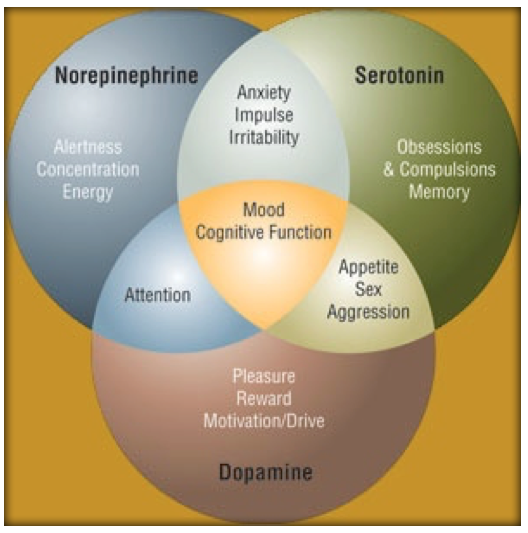 However, there are others, Dr. Mondimore points out, who may settle into a state of hypomania. That, he explains, is not as visibly irrational or extreme as other states, but still problematic enough to prompt financial steps and decisions that, considered under different circumstances, would be dismissed as ill-advised.
However, there are others, Dr. Mondimore points out, who may settle into a state of hypomania. That, he explains, is not as visibly irrational or extreme as other states, but still problematic enough to prompt financial steps and decisions that, considered under different circumstances, would be dismissed as ill-advised.
“Hypomania is less severe, so it doesn’t come off as complete disorganization. Rather, it seems more [like] an elevation of mood and energy level,” he says. “That’s where people can really get into the most financial trouble. Because they’re not so grossly disorganized, people can walk into a dealership, buy a car, and no one would think twice about it. It really is the most dangerous state.”
The confusing nature of bipolar disorder can go even further than that. As Dr. Mondimore points out, a patient who may have been in a down state for weeks or months and suddenly emerges from that bleak setting is likely to be relieved that his mood has lifted. However, feeling better doesn’t necessarily bring emotional and psychological balance.
“Another difficult part is recognizing when a down period ends and what can happen after that,” he says. “Periods of feeling good—when you can make financial mistakes—are often not recognized as abnormal mood states.”
Nor do the financial problems only come down to self-serving spending orgies. Until she was diagnosed with bipolar disorder in her later 40s, Jackie thought her financial generosity to various inner city religious organizations was simply the right thing to do.
“I gave them all my retirement money, thinking that was what God wanted me to do,” she says. “I also charged about $40,000 for airline tickets, hotel rooms, and other expenses. It was only when I was out from under the grandiosity of the disorder that I saw what was happening.”
Couple those issues with the sheer variety and availability to spend money recklessly and the potential for lifelong financial hardship becomes all the more problematic. From mega malls with hundreds of retailers to the Internet where tens of thousands of shopping options are a mouse click away, a person with bipolar disorder looking to spend has an unhealthy lineup of choices.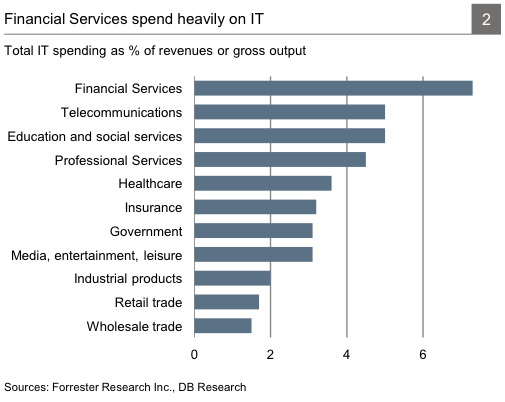 Furthermore, credit card offers arrive in the mail on a daily basis. Particularly perilous are television-based shopping shows and networks where items are pitched with glamorous ruthlessness.
Furthermore, credit card offers arrive in the mail on a daily basis. Particularly perilous are television-based shopping shows and networks where items are pitched with glamorous ruthlessness.
“Those really feed into the manic energy that many patients with bipolar disorder experience,” says Dr. Mondimore.
Fortunately, there are a variety of steps and strategies that these people and their support providers can pursue to head off financial missteps or, at the very least, minimize damage. First is a matter of simple awareness. Both the person with bipolar disorder and those close to them should get to know the warning signs that suggest that a shift in mood—and potentially, in money habits—may be around the corner.
“The real key is recognizing the red flags that can crop up. I know one patient whose mood was about to change when he started tearing out response cards from magazines,” says Dr. Mondimore. “But, they’re as individual as the person, so [recognizing these red flags] comes with experience. ”
”
Equally important is having a comprehensive plan in place to head off irrational money decisions before they even occur. For instance, if a person with bipolar disorder maintains an investment portfolio, it’s smart to work with a trustworthy financial planner, adviser, or broker. Work out a detailed overview of financial goals and reasonable steps needed to attain those objectives. If it’s appropriate, let them know about the bipolar disorder condition.
That’s sensible on several levels. For one thing, it’s simply smart to map out a financial plan, no matter the obstacles with which you may have to deal. But it also can prove valuable to a financial advisor who knows what your goals are and what you’ve agreed to do. That way, he or she can notice those instances when a certain sort of behavior doesn’t seem appropriate.
“I can’t legally say no if, for instance, a client calls and orders a trade that doesn’t seem to make sense,” says Clemans. “But if the behavior seems odd, that can provide a check. I can either suggest that we meet face-to-face to discuss it, or I can contact a family member or friend who may be able to intervene.”
I can either suggest that we meet face-to-face to discuss it, or I can contact a family member or friend who may be able to intervene.”
“Even if they’re fairly depressed or manic, sometimes pointing out that what they’re suggesting doesn’t fit with the plan you agreed on may work,” adds Dr. O’Brien. “Sometimes, that can cut through the emotions and, even if it doesn’t, it’s still worth a try.”
That strategy can be taken a step further, if need be. Should the potential fallout be serious enough, investigate giving a friend or loved one financial power of attorney to limit individual money decisions. Even something as simple as checking accounts where two signatures are required can make it more difficult to follow through on ill-advised financial choices.
Consider some consumer-based moves as well. If you think you can manage, go without a credit card or, as an option, one with an exceedingly modest credit limit. Investigate debit cards as an alternative. Rather than a line of credit, these are tied to a bank account and can effectively limit spending to whatever assets are in the account.
Experts and people with bipolar disorder agree that it’s imperative to stick with both a treatment plan as well as a systematic approach to getting out of debt. If, for instance, you have several credit card debts, paying off the smallest one first gives you a sense of progress. As well, consider consolidating various debts to make monthly payments more affordable.
Above all, no matter how intimidating the prospects, don’t give up. As Lynn herself notes: “It’s been a very destructive path that has cost me thousands and thousands of dollars over the past 30 years. It’ll probably take me many years to get out of that debt, but that’s something I am dealing with.”
Printed as “The Spending Spree”, Spring 2005
impulsive behavior, mania, spending, spending plan, spring 2005
About the author
Related
symptoms of bipolar disorder, how it proceeds, how to find a psychiatrist, diagnosis and treatment
Victoria K.
lives with bipolar disorder
The first signs of the disease appeared in my teenage years, and the psychiatrist diagnosed BAD at the age of 26.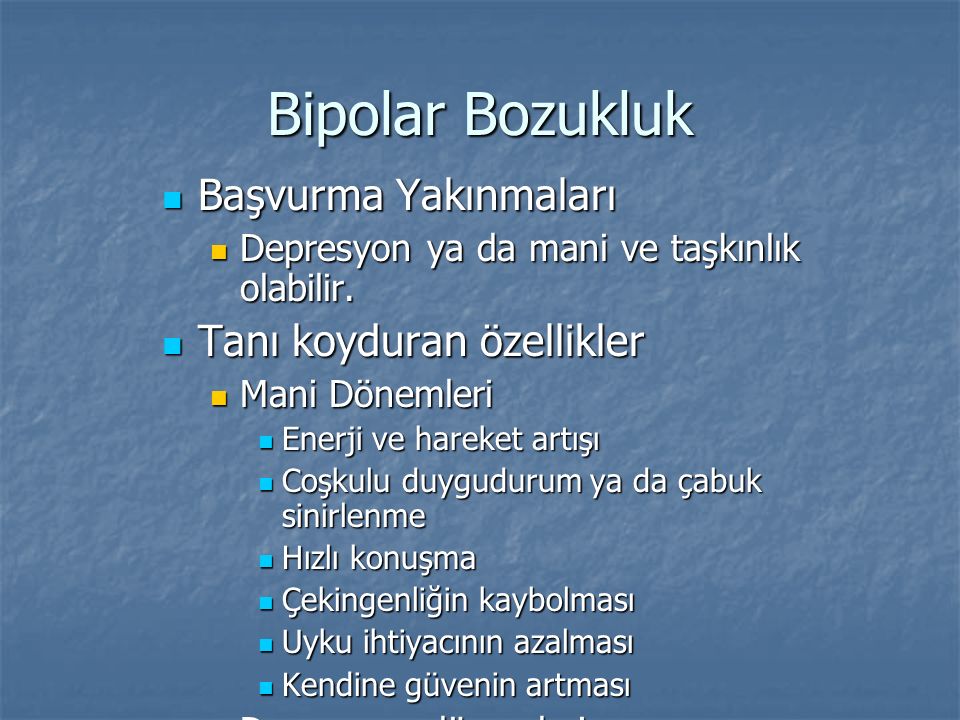
According to WHO, 45 million people worldwide suffer from bipolar disorder. This disease greatly reduces the quality of life: in some periods you are overly energetic and do things that you can regret, in other periods you are not able to get off the couch to do everyday things.
I will tell you how I have BAD and what I do to cope with the disorder and live like all ordinary people.
Go see a doctor
Our articles are written with love for evidence-based medicine. We refer to authoritative sources and go to doctors with a good reputation for comments. But remember: the responsibility for your health lies with you and your doctor. We don't write prescriptions, we make recommendations. Relying on our point of view or not is up to you.
What is Bipolar Affective Disorder?
Bipolar Affective Disorder, or BAD, is a mental disorder with alternating emotional ups and downs in mood. It is affective just because it is associated with violations of the emotional state, that is, mood - in psychiatry, the manifestation and experience of emotions is called affect. Previously, this disease was called manic-depressive psychosis.
Previously, this disease was called manic-depressive psychosis.
Bipolar Disorders - A Physician's Handbook MSD
Why BAD develops is not exactly known. Among the reasons are heredity, traumatic events, violations of the production of neurotransmitters - substances due to which signals are transmitted between brain neurons. The disease often manifests itself in adolescence or in the period between 20 and 30 years.
How Bipolar Disorder Manifests
BAD usually starts abruptly, followed by periods without symptoms and periods of exacerbations. The peculiarity of the disease is that during periods of exacerbations there are episodes, or phases, with different emotional states that can replace each other in an arbitrary order.
Bipolar Disorder - Mayo Clinic Blog Article
For example, when the illness escalates, the following conditions may occur.
Mania - a state of elevated or irritable mood. The person feels energetic, actively engaged in something, such as finding a new hobby or even trying to open a business. As a rule, he sleeps little, is self-confident, talkative, he has a lot of ideas, often crazy. Risk sensitivity may decrease - for example, a person invests all the money in a hopeless business or gets into a loan. Hobbies for gambling, extreme sports are not uncommon. At the same time, a person feels great, but often cannot concentrate on one thing, work productively.
As a rule, he sleeps little, is self-confident, talkative, he has a lot of ideas, often crazy. Risk sensitivity may decrease - for example, a person invests all the money in a hopeless business or gets into a loan. Hobbies for gambling, extreme sports are not uncommon. At the same time, a person feels great, but often cannot concentrate on one thing, work productively.
The extreme degree of mania is manic psychosis, when delusions of persecution, hallucinations, excessive activity develop, a person can become dangerous to himself or others.
Hypomania is a kind of mild mania. A person is in a state of emotional uplift, but this uplift is not so pronounced. However, the mood still improves, the need for sleep decreases, the person is creative, relaxed, feels euphoric, and his productivity increases. Although in some people such periods may be accompanied by irritability and a decrease in concentration.
Depression - low mood, loss of interest in life, fatigue, guilt, indecision, decreased concentration. Sleep and appetite disturbances may occur. Sometimes there are thoughts of suicide, the futility of one's own life.
Sleep and appetite disturbances may occur. Sometimes there are thoughts of suicide, the futility of one's own life.
/bye-depression/
“It reminded me of a strict regime sanatorium”: how much I spent on treating depression
Between exacerbations, a person can return to normal, although it happens that his performance is still reduced.
Manifestations of the phases of bipolar disorder, according to the National Institute of Mental Health USA
| Parameter | Mania | Depression |
|---|---|---|
| Mood | Excitation, joy, irritability, resentment | Sadness, depression, emptiness, anxiety, hopelessness |
| Sleep | Reduced need for sleep | Trouble falling asleep, getting up early or sleeping too much |
| Appetite | Loss of appetite | Often increased appetite, weight gain |
| Communication | Talkativeness | Slow speech, forgetfulness |
| Concentration | Feeling of jumping thoughts, multitasking | Problems with attention and decision making, distraction |
| Behavior | Risk appetite, runaway spending, promiscuous sex | Lack of pleasure and interest in anything, decreased libido |
| Subjective feelings | Feeling of self-importance, talent and power | Feeling of worthlessness, suicidal thoughts, suicide attempts |
Mood
Excitement, joy, irritability, resentment
Sleep
Decreased need for sleep
Appetite
Loss of appetite 9Ol000 Mood
Sadness, depression, emptiness, anxiety, hopelessness
Sleep
Trouble falling asleep, getting up early or sleeping too much
Appetite
often increased appetite, weight gain
Communication
Slow speech, forgetfulness
Concentration
Problems with attention and decision-making, Disperiality
behavior
Lack of pleasure and interest in something, decrease in libido
Subjective feelings
Feelings of worthlessness, suicidal thoughts, suicide attempts
There are two main types of bipolar disorder according to how the disease manifests itself:
- When there was at least one manic episode and depressive episodes recur.
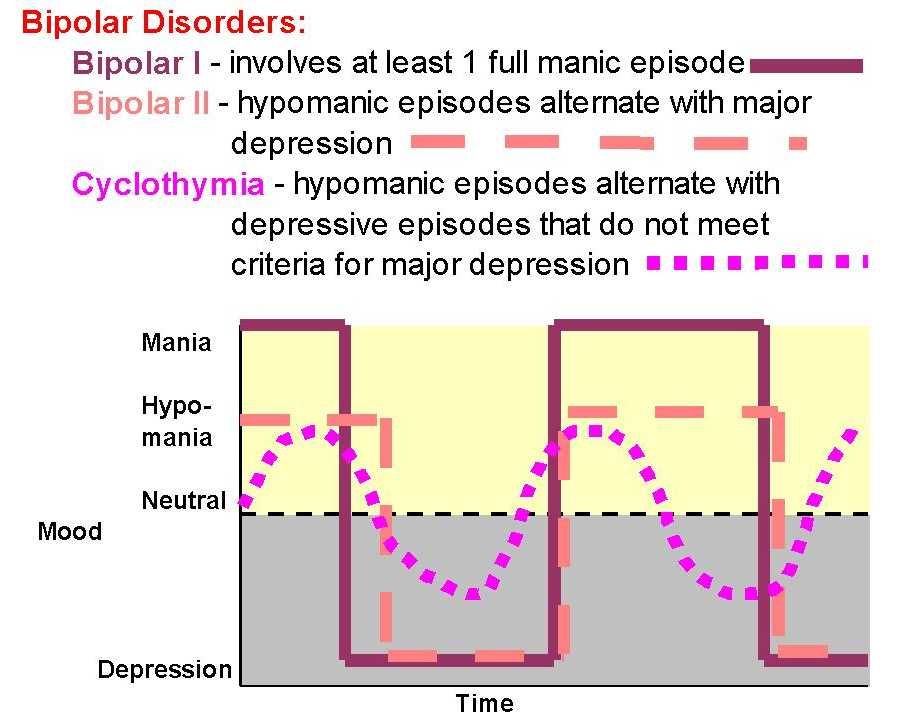
- When there are periods of depression and at least one episode of hypomania, but without full mania.
Bipolar Disorder - National Institute of Mental Health USA
I just have bipolar affective disorder type 2. This means that there are no full-fledged manias, but there are hypomanias and severe depressions.
Hypomania is a very cool time for me. You can do everything: get a second degree, run a marathon, learn English, go on an unplanned trip. And so for several months during which you do not sleep, do not eat, acquire new friends, start novels, end old relationships. You feel all sensations in the maximum range. During the day, it can throw several times from tears and the desire to die to incredible happiness.
This is what mania looks like in BAD. Source: Twitter After hypomania comes depression. And immediately there is not enough strength not only for what was started during the previous phase, but also for ordinary things. The most understandable image of depression for me is “pressed down by a concrete slab. ” It becomes hard to do the simplest things: wash the dishes, change clothes, go to the store.
” It becomes hard to do the simplest things: wash the dishes, change clothes, go to the store.
Unfortunately, the brighter the hypomania goes, the worse the depression gets later — that's why, with experience, I stopped enjoying the active phase. Now it's even more difficult for me: I understand what is happening with my brain, but I can't control it.
As I remember now, my first hypomania happened at the age of 12. Then there were periods of exacerbations clearly in a year and a half: hypomania lasts 2-3 months, usually May - July, depression - 5-6 months, usually in October - March, in between remission occurs when I feel normal. If I am in a long-term remission, then I hardly notice phase changes: mood swings are smoothed out with the help of medications or psychotherapy.
10 podcasts about health and medicine
The usual course of bipolar affective disorder
Viktor Lebedev
psychiatrist, science journalist
During an exacerbation of bipolar disorder, episodes of mania or hypomania and depression may alternate.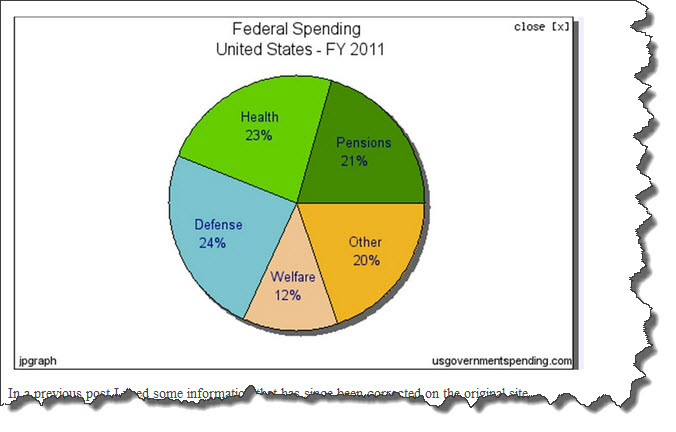 There is a clear separation of phases: first a hypomanic or manic episode, then a depressive episode, it happens that there are recurring episodes of depression, then hypomania. In the latter case, hypomanic phases are sometimes not noticed, a person may be diagnosed with recurrent, that is, recurring depression, and may be prescribed the wrong treatment.
There is a clear separation of phases: first a hypomanic or manic episode, then a depressive episode, it happens that there are recurring episodes of depression, then hypomania. In the latter case, hypomanic phases are sometimes not noticed, a person may be diagnosed with recurrent, that is, recurring depression, and may be prescribed the wrong treatment.
In fact, in BAD, the phases can alternate in any order, the diagnosis is made if there is any combination of manic and depressive episodes. The first time the disease usually begins with an episode of mania or hypomania, which develops into depression. Less commonly, it starts with depression, then mania or hypomania occurs. But in any case, there must be affective disturbances, that is, mood disturbances.
The exacerbation of the disease lasts from several weeks to several months. This also depends on whether the person is receiving medical treatment. If you respond quickly to an exacerbation, you can sometimes return to normal health in a week. If not treated, the exacerbation can last for several months - especially the depressive phases, episodes of hypomania and mania usually pass faster.
If not treated, the exacerbation can last for several months - especially the depressive phases, episodes of hypomania and mania usually pass faster.
Seasonality of phases, when there is a connection between the manifestations of the disease and the change of seasons, occurs, but not all patients with bipolar disorder notice it.
How I suspected I had BAD
The first time I thought I was going crazy was when I was 18 years old. Painful relationships ended, obsessive thoughts and images swirled in my head, I listened to the same song in the player, walked for hours and could not stop. This went on for so long and was so unbearable that I almost decided to go to a psychiatrist. However, they didn’t talk about mental disorders then, so I didn’t even know where to turn. Then this state passed by itself.
I did not see a psychiatrist until seven years later, when I again had a similar severe condition: obsessive thoughts, inability to control emotions, self-harm, sleep and appetite disturbances.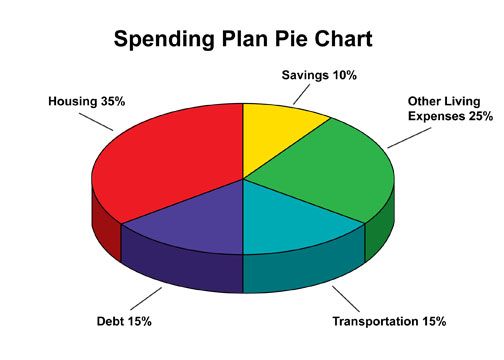 Before that, I had three episodes of hypomania every two years, but after them there was no severe depression, and therefore no reason to seek help.
Before that, I had three episodes of hypomania every two years, but after them there was no severe depression, and therefore no reason to seek help.
Then I just went to the district polyclinic - it turned out that a psychotherapist was there. She checked my symptoms on the Beck scale, diagnosed me with an anxiety-depressive disorder, and prescribed a common antidepressant that is often prescribed for depression.
Beck Depression Scale - online test
It seemed to me that antidepressants helped me immediately: my mood improved, I got energy, I talked a lot with friends, hung out, worked. Now I know this is a bad sign. Antidepressants usually take a long time to work: it takes about three weeks for the effect to appear, and I got better after a few days. In addition, in bipolar affective disorder, antidepressants can cause hypomania if not mitigated by other drugs.
This meme is well understood by those who were not immediately given the correct diagnosis. If you add Mentos to Coca-Cola, you get a foamy fountain that will splash out of the bottle.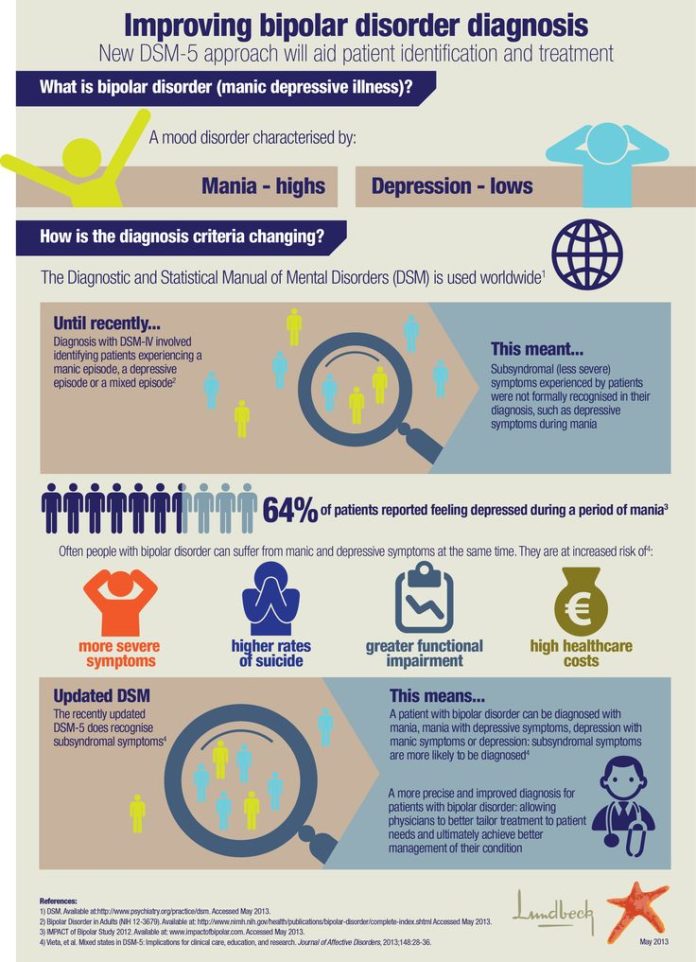 Antidepressants, in particular SSRIs - selective serotonin reuptake inhibitors - have the same effect on the mood of people with BAD
Antidepressants, in particular SSRIs - selective serotonin reuptake inhibitors - have the same effect on the mood of people with BAD I went to this psychotherapist several more times, but she did not track my sharp mood swings, and I had one of the most severe hypomanias . I drank and smoked a lot, I had incredible emotional swings, I ruined my relationship with my best friend, I stopped eating and sleeping.
After a couple of months, my condition stabilized a little, but I continued to take antidepressants: I knew that they should not be stopped abruptly. Before canceling, I went for a consultation with another doctor, already at a paid clinic. She turned out to be a good specialist: she asked questions about mood swings, found out if I had previously had mood swings, ups and downs, depressions. Then everything was fine because of taking antidepressants, so I denied everything.
A year later, as the doctor ordered, I smoothly stopped taking antidepressants, and a few months later I was overcome by one of the most severe depressions. If last time I could attribute depression to circumstances - burnout, relationship difficulties, fatigue - now there was no reason for it. I had a job I loved, a great relationship with my husband, financial stability, a new city. And I wanted to die.
If last time I could attribute depression to circumstances - burnout, relationship difficulties, fatigue - now there was no reason for it. I had a job I loved, a great relationship with my husband, financial stability, a new city. And I wanted to die.
/psychotherapy-search/
How to choose a psychotherapist
This moment became a turning point in the diagnosis. I already knew that there is such a disease as bipolar affective disorder, what are its symptoms and features. Information about BAR appeared in the media field: I read articles and blog posts, watched videos on YouTube.
I was able to describe the last 10 years of my life in phases: there was a strong rise, followed by a decline. For example, in the hypomania of 2012, I worked two jobs, passed the state exams, wrote a diploma, hung out with friends until the middle of the night and completely took care of the life of the family. In hypomania in 2014, she entered the magistracy, graduated from a driving school, traveled, and also ran a marathon.
Every upswing was followed by a downturn: I stopped running, didn't pass the exam in the traffic police, and dropped out of the master's program. Each such exacerbation generally lasts a year and a half, and then repeats.
How I searched for a suitable psychiatrist
After collecting information about BAD, I decided to find a psychiatrist to confirm or deny my diagnosis. It didn't happen right away.
First I went to a psychiatrist on the advice of a friend, he helped her with depression. The doctor saw me in a paid clinic, the appointment cost about 3000 R. The consultation was unsuccessful: the doctor was clearly not interested in my condition, he indifferently asked questions about depression and prescribed antidepressants. And not the ones that were assigned to me last time, but others. I was too depressed to stand my ground, so I just started looking for another doctor.
6 useful services for finding a psychotherapist
The second doctor was in a state clinic, she was recommended to me in social networks.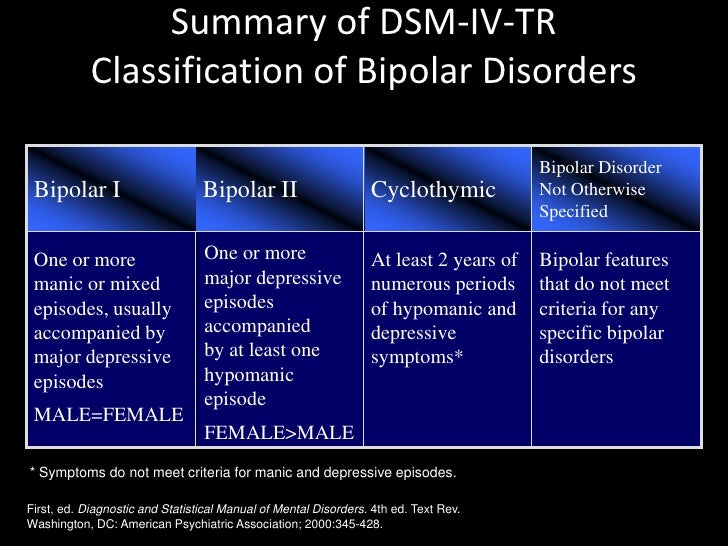 At first, I waited a long time for an appointment - the doctor was half an hour late, then I started asking about birth injuries and vascular dystonia. This consultation didn't work for me either. I paid 2,000 rubles for her.
At first, I waited a long time for an appointment - the doctor was half an hour late, then I started asking about birth injuries and vascular dystonia. This consultation didn't work for me either. I paid 2,000 rubles for her.
The third appointment was successful: I found a psychiatrist, whom I still go to. She works at the State Institute of Psychiatry, but I see her for a fee. One consultation costs 2500 R.
2500 Р
I pay a psychiatrist for one visit
The institute where the doctor sees, I was advised somewhere in the comments on the Internet. I called the reception and asked to sign me up for a doctor specializing in affective disorders as soon as possible.
The search for a suitable psychiatrist took about a month, so I went to see a doctor in a completely crushed state, in tears and hysteria. The psychiatrist asked me about the illness, listened to me and offered free hospitalization. However, I refused: I felt that I was controlling myself so as not to commit suicide, and my husband was also nearby, who understood the seriousness of the situation. As a result, I continued the treatment at home.
As a result, I continued the treatment at home.
When Bipolar Disorder Needs Hospitalization
Viktor Lebedev
Psychiatrist, Science Journalist
Bipolar Affective Disorder may require hospitalization if during a manic episode the patient develops strong arousal, completely loses critical attitude to his condition, and hallucinations appear rave. Such a condition can end badly for the patient himself or his relatives. In a depressive episode, indications for hospitalization will be suicidal thoughts or suicide attempts.
Inpatient treatment may also be needed in case of a severe decrease in working capacity.
If you suspect you have bipolar disorder, but are not in the acute phase of the disease, help is not urgent, it is better to spend time looking for a psychiatrist who specializes in bipolar disorder or affective disorders in general. Such a doctor is likely to quickly make the correct diagnosis and select the best treatment.
Before taking, it is worth writing down all the symptoms that bother you, and also, if possible, make a retrospective graph of the expected phases - mania and depression, write down when they occurred and how long they lasted. This will help the doctor understand if this is BAD or something else.
This will help the doctor understand if this is BAD or something else.
BAD treatment
Consultations with a psychiatrist and drug therapyThe psychiatrist first wrote me a prescription for several drugs: antidepressants and mood stabilizers. They are usually prescribed to people with affective disorders.
As explained to me, treatment is, among other things, checking for the correctness of the diagnosis, a way to distinguish depression from bipolar disorder. If the prescribed drugs help, the diagnosis is correct. About two months later, my diagnosis was officially confirmed: bipolar affective disorder type 2.
How bipolar disorder is diagnosed
Viktor Lebedev
psychiatrist, science journalist
Bipolar affective disorder is diagnosed by the problems that bother a person. His story should contain a description of typical mood and behavioral disorders, usually there is an alternation of phases of the disease.
Complaints and a history of the disease are enough for diagnosis, sometimes the testimonies of relatives are also taken into account, which can tell about a person's behavior. It happens that a doctor can send you to a clinical psychologist for a psychological examination, but usually an ordinary psychodiagnostic conversation is enough.
You can suspect the disease on your own, although with hypomania or mania, criticality to one's condition often decreases, that is, a person does not understand that something is wrong with him. Sometimes relatives of the patient come for help, and not he himself. It is better to apply for a diagnosis to a specialist who has worked with BAD, knows what the manifestations of the disease look like.
In general, drug therapy for bipolar disorder consists of several types of drugs that relieve different manifestations of the disease. These are normotimics that stabilize mood, antidepressants that help to cope with depression, antipsychotics that relieve excessive arousal.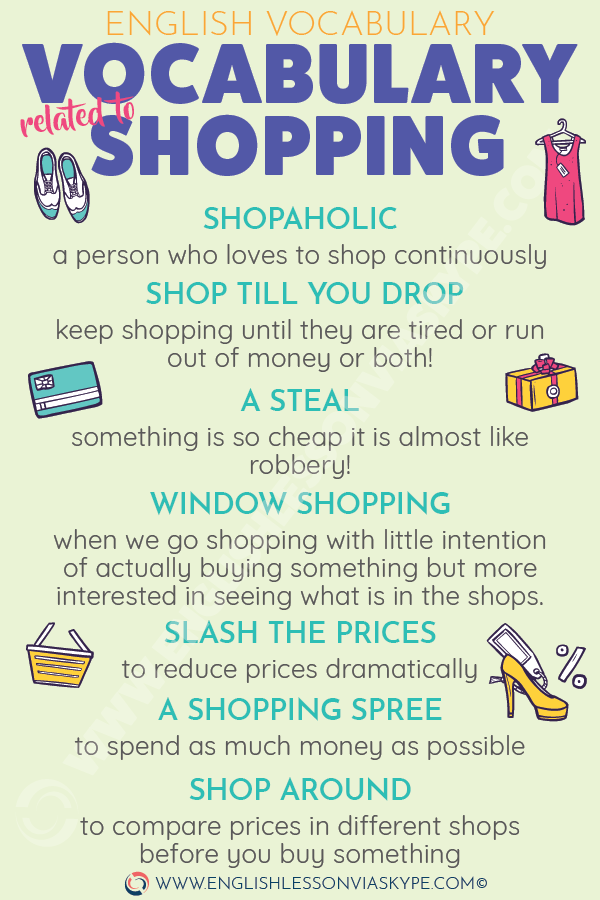
Medication for Bipolar Disorders - MSD Handbook
Bipolar Disorder in Adults: Choice of Therapy - Article for Physicians Uptodate
The doctor selects the type of medication and dosage based on the phase the patient is in. Antidepressants are usually used in depressive phases and in combination with mood stabilizers. Antipsychotics - only in manic episodes and also together with normotimics.
In severe cases, a person with bipolar disorder may take up to six different drugs. But you need to strive to get by with one or two.
I started taking prescribed antidepressants and mood stabilizers immediately after seeing a psychiatrist. This time, the process of getting out of depression was long and smooth.
How therapy is selected for bipolar affective disorder
Viktor Lebedev
psychiatrist, scientific journalist
The psychiatrist selects treatment individually, taking into account the clinical picture: in the depressive phase - some drugs, in the hypomanic phase - others, in mania - still others.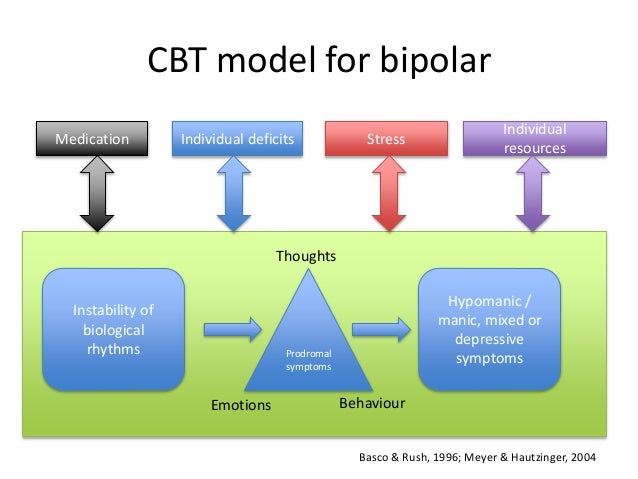
It is important to combine drugs correctly. So, if a patient with bipolar disorder is prescribed only antidepressants, this can worsen the situation, even if he is depressed. Antidepressants can "disperse" his condition to hypomania or even mania. It is necessary to normalize a person’s well-being, and not throw him into a state with the opposite sign, so therapy includes normotimics.
The fact is that depression in BAD is not the same depression as usual, they are not always similar even in external manifestations, there are differences from a biological point of view, that is, in how processes in the brain change.
I visit my psychiatrist regularly: she adjusts the doses of drugs and monitors my condition. In the first year, I visited her six times - it cost me 15,000 R. Now I go to the doctor only during an exacerbation or a presumptive phase change - about four times a year, once every three to four months. It costs 10,000 R per year. In total, I have been seeing a doctor for three years now.
For two years, until recently, I took antidepressants and mood stabilizers in the minimum dosage. A pack of antidepressants for a month cost about 400 R, mood stabilizers - 600 R. That is, during the period of remission, the pills took 1000 R per month.
1000 R
I spend on pills a month in remission
My prescriptions for drugsHowever, a few months ago I had an exacerbation, I went into hypomania, so the regimen and dose of drugs had to be changed on the go. Within two weeks, my psychiatrist and I canceled antidepressants, significantly increased the dose of mood stabilizers - 2.5 times, and added antipsychotics. During the exacerbation, which lasted two months, 4000 R per month was spent on tablets. Now 2000 R will go away - the dose of mood stabilizers has been reduced by one and a half times and neuroleptics by half, antidepressants have been removed.
It is interesting to observe how quickly drug therapy changes the state of the body and how it then returns to normal. Often, drugs do not fit the first time, so you need to regularly visit a psychiatrist and monitor your well-being. But after choosing the right therapy, you can live almost as before, except that you need to be more attentive to yourself.
Often, drugs do not fit the first time, so you need to regularly visit a psychiatrist and monitor your well-being. But after choosing the right therapy, you can live almost as before, except that you need to be more attentive to yourself.
/obsessive-compulsive-disorder/
How I live with obsessive-compulsive disorder
BAD treatment cannot be found once and for all
Each patient who is responsible for the treatment of bipolar disorder and is in contact with the doctor has his own scheme for changing the dosage or types of medications, taking into account well-being. For example, if you cannot sleep for more than a few days and stop eating, you add an antipsychotic. If you fall into an abyss of self-hatred and don’t swim for more than a week, an antidepressant will help.
Of course, this does not cancel regular meetings with a psychiatrist, because the process of choosing drugs and dosages is very complicated. Now I can regulate a lot myself, depending on how I feel, but I still see a specialist.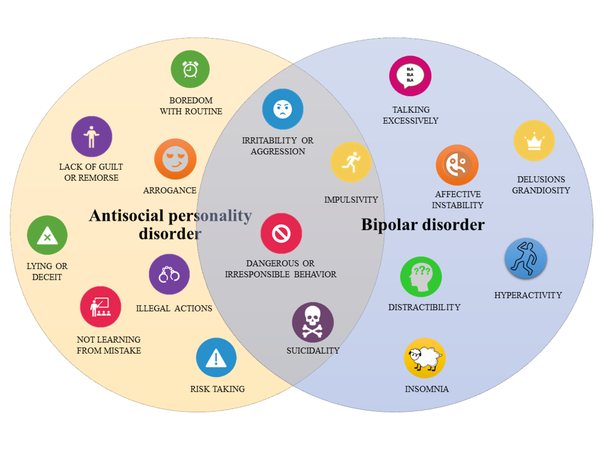
At the same time, bipolar affective disorder cannot be cured once and for all - you can only go into a long remission. As my doctor told me, this is five years without pronounced phases. In my case, I lasted two years without episodes, and now I need to start the countdown again.
Also, as far as I know from my experience and the experience of people with the same diagnosis, at some point there is an illusion that everything is cool, there is no illness, it seemed to you that you are doing great. At this point, people stop taking pills - this is a bad decision, never do this. If you feel good, first of all, you should check if this is the beginning of hypomania. And secondly, be glad that you have entered remission.
During these three years, I once stopped drinking pills - I got depressed, once I did not pay attention to the symptoms - I got severe hypomania, now I'm trying to go into remission again.
BAD treatment
Psychotherapy The effectiveness of the treatment of bipolar affective disorder can be increased by combining drug therapy with psychotherapy.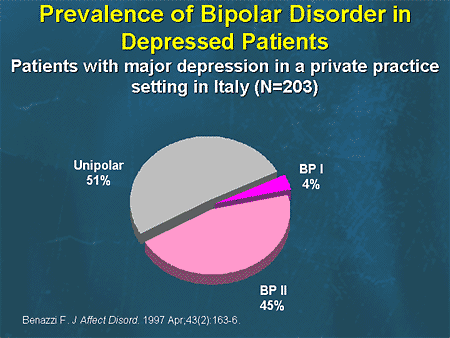 Cognitive behavioral therapy is often used for bipolar disorder. It teaches you how to cope with stress factors, monitor your condition, manage the symptoms of the disease. Even during the sessions, together with the doctor, they work out trigger situations, that is, what can provoke an exacerbation of the disease.
Cognitive behavioral therapy is often used for bipolar disorder. It teaches you how to cope with stress factors, monitor your condition, manage the symptoms of the disease. Even during the sessions, together with the doctor, they work out trigger situations, that is, what can provoke an exacerbation of the disease.
Bipolar affective disorder and supportive psychotherapy - article on the Uptodate physician website
For example, I have trouble admitting my own mistakes. Every mistake for me is a tragedy, and it seems to me that those around her will never forget. It is difficult for me to admit my own mistakes, oversights cause great anxiety. I also have an ideal image of what I should be: read a lot, earn money, keep my house perfectly clean, have six-packs, study, know two foreign languages, go to exhibitions. Obviously, this is impossible, but a persistent desire to reach an unattainable height is also stressful. I work through all this with a psychotherapist.
I started therapy only six months ago, on the advice of a doctor, before that I thought that I could cope on my own. At first she was in therapy with a psychotherapist, whom she found through the Inhale project, which helps burnt out employees from the charitable field. I worked with her on this project, then continued after completion.
At first she was in therapy with a psychotherapist, whom she found through the Inhale project, which helps burnt out employees from the charitable field. I worked with her on this project, then continued after completion.
We looked at situations that increase my anxiety, including fear of making mistakes and being judged, as well as difficulties in life in general. The cost within the project was 400 R per meeting, there were about ten of them in total, then, already outside the project, the price increased to 2400 R.
/prl/
How much does it cost to treat borderline personality disorder
Now I went to another psychotherapist - she has a more applied approach, we look for my cognitive distortions and try to remove them. For example, we work with my excessive anxiety about the impression I make on other people, and the fear that I cannot control it.
The cost of sessions with this specialist is 2500 R per visit. Now I go to her every 10-14 days, that is, 2-3 times a month.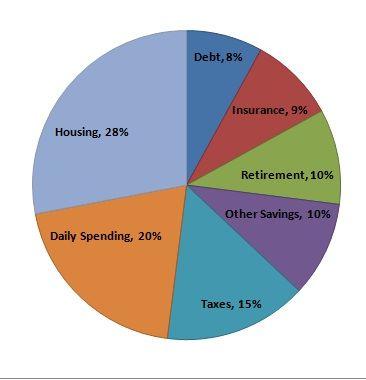 In general, I have been working with my condition on my own for quite a long time, so the therapist only directs me in the right direction.
In general, I have been working with my condition on my own for quite a long time, so the therapist only directs me in the right direction.
Is psychotherapy mandatory for bipolar disorder
Viktor Lebedev
psychiatrist, science journalist
Cognitive behavioral therapy is most often prescribed for bipolar disorder. This is an optional therapy, that is, an auxiliary method of treatment, you only need to take medication. However, psychotherapy can greatly improve the quality of life: it complements the action of drugs well, helps to control and change those things that pills do not work on. First of all, cognitive-behavioral therapy helps to control emotions, better cope with your illness.
Many also benefit from support groups for people with bipolar disorder. I tried to go to such a meeting, but it didn’t work for me: I don’t want to define myself through illness, this is part of my life - but not me.
The largest project holding such meetings is Sunday BAR.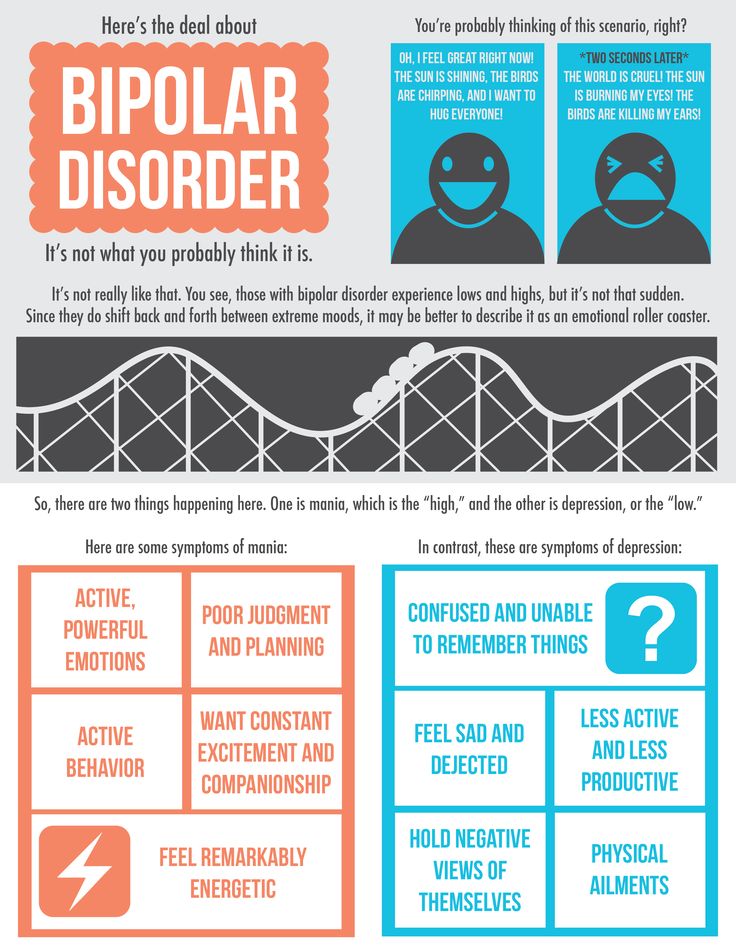 They support not only people with bipolar disorder, but also their loved ones. Meetings are held online and offline.
They support not only people with bipolar disorder, but also their loved ones. Meetings are held online and offline.
List of support groups in different cities for people with BAD and other disordersPDF, 275 KB
BAD treatment
LifestyleUniversal advice given for bipolar disorder and beyond includes the following recommendations: maintain sleep and work-life balance, eat right, do not drink alcohol, play sports.
All this really helps, but in fact, organizing your life is difficult: meetings with friends, vacations, unexpected work do not fit into the routine, you want to work more, and alcohol looks like a great way to cope with anxiety, although in fact it can lead to depression.
I try to keep the correct regimen to the best of my ability. True, according to my feelings, depression comes by itself, without any triggers from the outside, and I cannot influence it. But hypomania is fueled by new projects, loves, and other emotions. For example, even a small amount of falling in love causes hypomania, which, in turn, increases falling in love.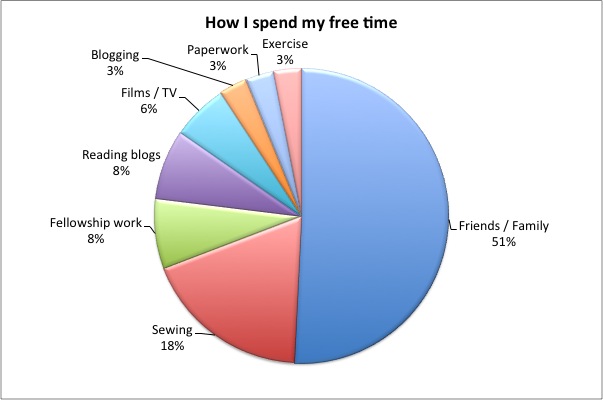 It doesn't end well.
It doesn't end well.
/shizofreniya/
How much does it cost to support a relative with a mental disorder
I lived in St. Petersburg for quite a long time, there during the white nights you don’t feel like sleeping at all - and this provokes hypomania. One of the psychiatrists even forbade me to go to St. Petersburg for some time.
Now I have an established sleep and eating regime, I quickly notice its violation - this is a signal that an exacerbation has begun. Unfortunately, sometimes the regime is knocked down by external circumstances, then it is more difficult to notice the exacerbation of BAD.
Sleep is very important to me, it is my priority. I try not to hang out until the middle of the night, and if I didn’t manage to get enough sleep, then I try to sleep in the afternoon. I usually go to bed around midnight, get up at 8-9hours of the morning is a comfortable mode for me and my work. I very rarely stay awake at night or wake up later than 10 am.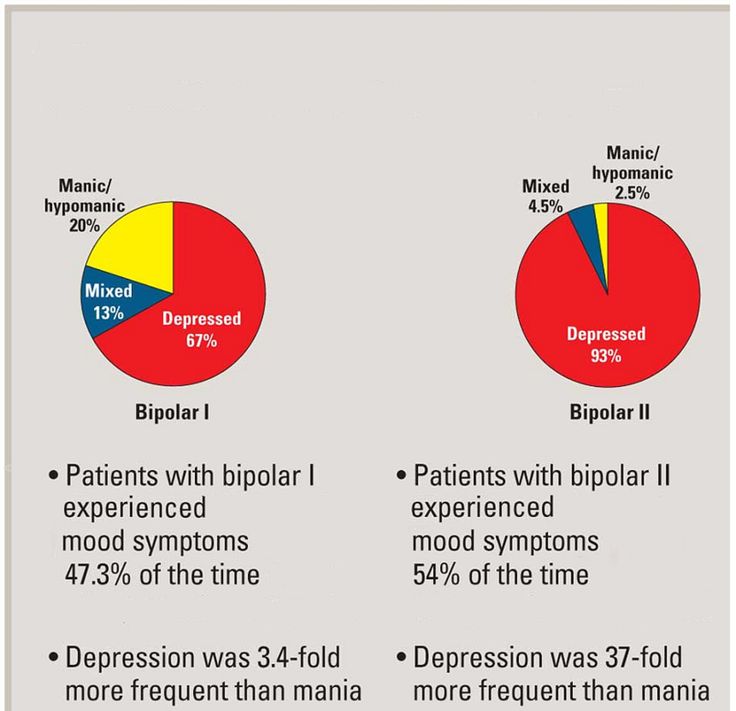
I have a fitness bracelet that tracks the phases and amount of sleep - it helps to see the dynamics and notice deviations. When I see a sleep disorder, I start drinking light tranquilizers and antipsychotics to return to a comfortable mode.
| Sleeping less than seven hours on pills indicates an episode of hypomania, without drugs in this phase I would sleep less than four hours | And sleep for more than seven hours is already the normalization of the state after the addition of other tablets |
Everything is more difficult with food: I have a difficult relationship with my own body, so I perceive a decrease in appetite with enthusiasm. I am working on the problem with a psychotherapist, how to solve it, until I figured it out.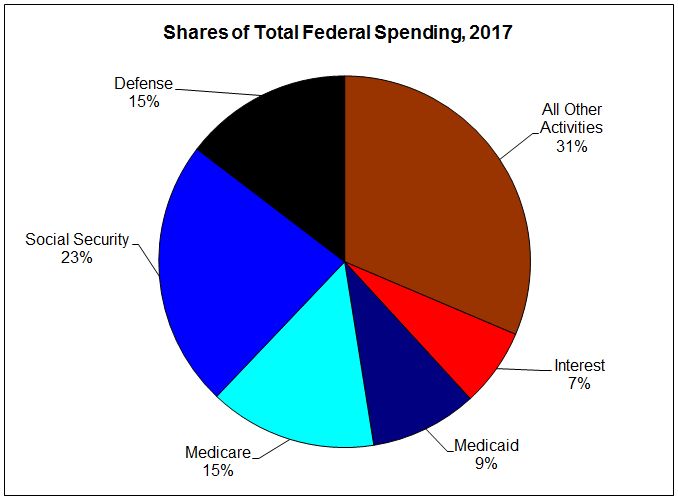 My psychiatrist believes that first sleep, and then everything else, and my experience confirms this: sleep disturbances have a stronger effect on well-being. I also keep a record of alcohol consumption in the Alcogram application - abuse negatively affects my condition. When I see how many sober days there were, it motivates me to control myself.
My psychiatrist believes that first sleep, and then everything else, and my experience confirms this: sleep disturbances have a stronger effect on well-being. I also keep a record of alcohol consumption in the Alcogram application - abuse negatively affects my condition. When I see how many sober days there were, it motivates me to control myself.
I am lucky that I take my job seriously: it is responsible and resource-intensive, it is important for me to be productive, it disciplines and helps me to keep the regime.
What to do to reduce the frequency of exacerbations
Viktor Lebedev
psychiatrist, science journalist
In BAD, it is important to have a daily routine that allows you to maintain normal behavior. This reduces the frequency of exacerbations, sometimes helps to completely avoid the recurrence of episodes of the disease. In addition to quality sleep and proper nutrition, you need to avoid overwork, work in an exhausted state, give yourself a rest. Doctors usually insist on the exclusion of alcohol, drugs are also dangerous, especially stimulants, which can cause psychosis in a healthy person.
Doctors usually insist on the exclusion of alcohol, drugs are also dangerous, especially stimulants, which can cause psychosis in a healthy person.
Exacerbations of the disease can occur on their own, without the influence of external factors, or they can be caused by external events, both tragic, such as the death of a loved one or a break in relationships, and joyful. Therefore, it is important to learn to recognize your emotions, to identify in time what provokes a new episode, both independently and with the help of psychotherapy.
How I live with BAD now
Accepting the diagnosis was not easy: on the one hand, it finally became clear what was happening to me and that it could be regulated. On the other hand, this is a diagnosis for life. You need to constantly monitor your condition, take pills, consult with doctors.
The most difficult thing for me was the inability to separate myself as a person from the disease. What of what I did in life was the result of my choice, and what was a symptom of the disease? Moving from city to city, changing jobs, partners, hobbies - what if all this is just a disease, and I'm not behind it? Three years have passed - and I still cannot separate myself from BAD, it seems impossible.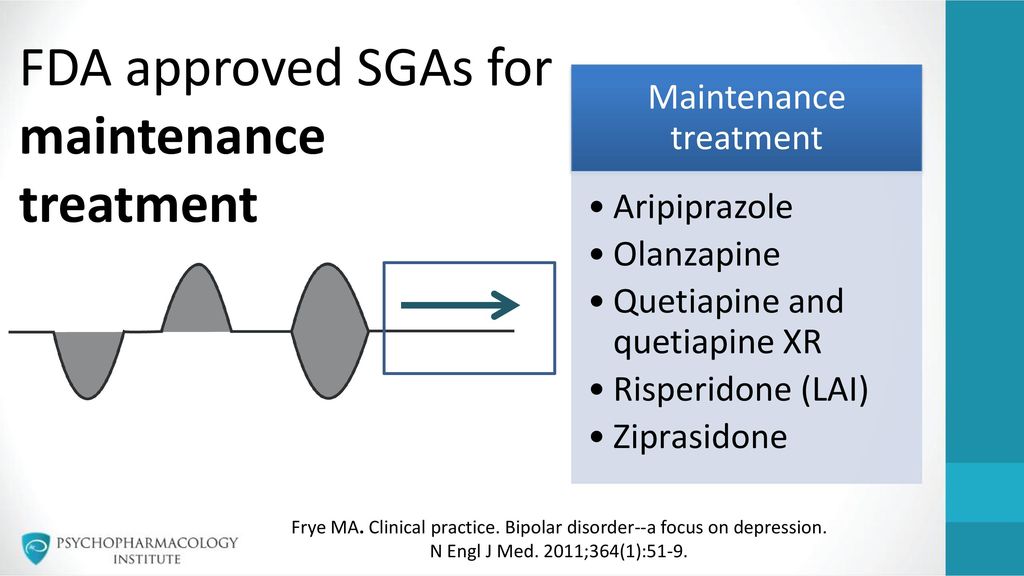
Now life has become easier: now I know what to expect in the near future, because the phase schedule is still respected. It is clear when to slow down with the pace of life, and when to add antidepressants.
My work is related to people. Of course, the disease affects my mood and state: in depression I have less strength and the ability to give out emotions, in hypomania, on the contrary, there are a lot of emotions, but there is not enough concentration. It's good that work allows you to vary the load depending on the phase: in depression I can work a little less, and in hypomania - a little more.
At the time of my first diagnosed depression, I had an unloved job, it took the entire resource. I cried in the mornings, afternoons and evenings because it was difficult for me to keep working. Now I really love my job, it gives me more resources than it takes.
I continue to take medication, see a psychiatrist several times a year and a psychotherapist several times a month.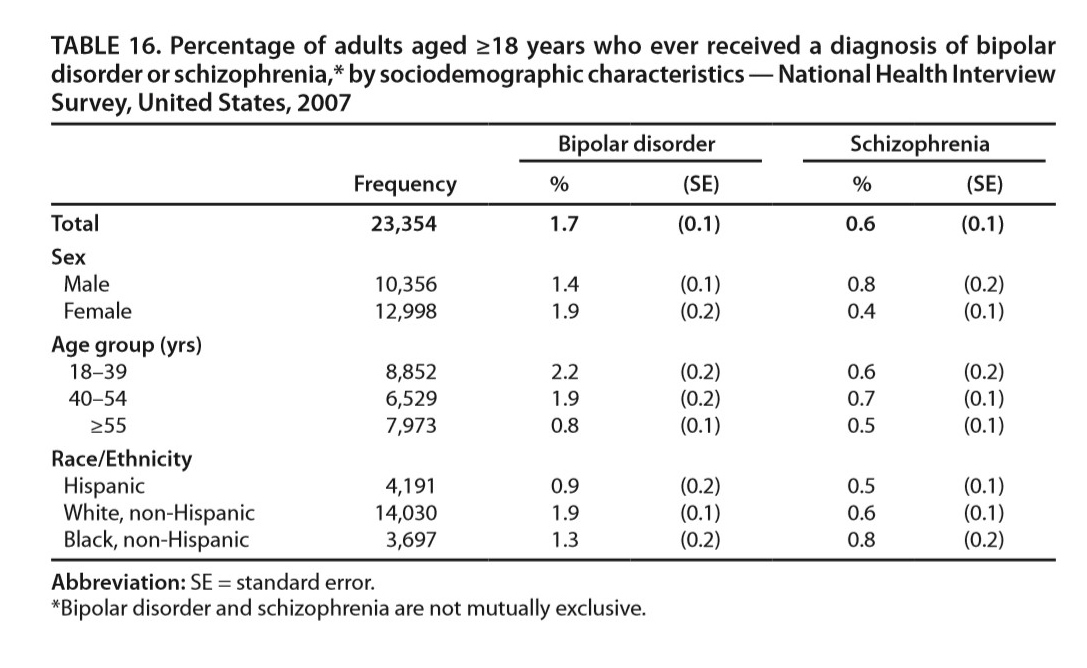 In March, at the most difficult moment of the exacerbation, I spent on medicines, an appointment with a psychiatrist and three meetings with a psychologist 13,000 R.
In March, at the most difficult moment of the exacerbation, I spent on medicines, an appointment with a psychiatrist and three meetings with a psychologist 13,000 R.
13,000 R
I go into remission and spend about 8,000-10,000 R per month on medications, a psychologist, and periodic appointments with a psychiatrist. A significant amount, but it allows me to remain in a resourceful and efficient state.
The unobvious difficulty of living with bipolar disorder is the need to strictly control one's financial situation. In hypomania, money flies away easily, you make decisions instantly - for example, you can decide in a minute to fly to Spain and buy tickets. When you are depressed, you spend less, but it is also difficult to earn money. I try to keep a financial cushion in case of an aggravation, and also take into account all expenses in the application so as not to get into debt. Fortunately, so far my financial anxiety is stronger than bipolar, so there has never been a credit card debt.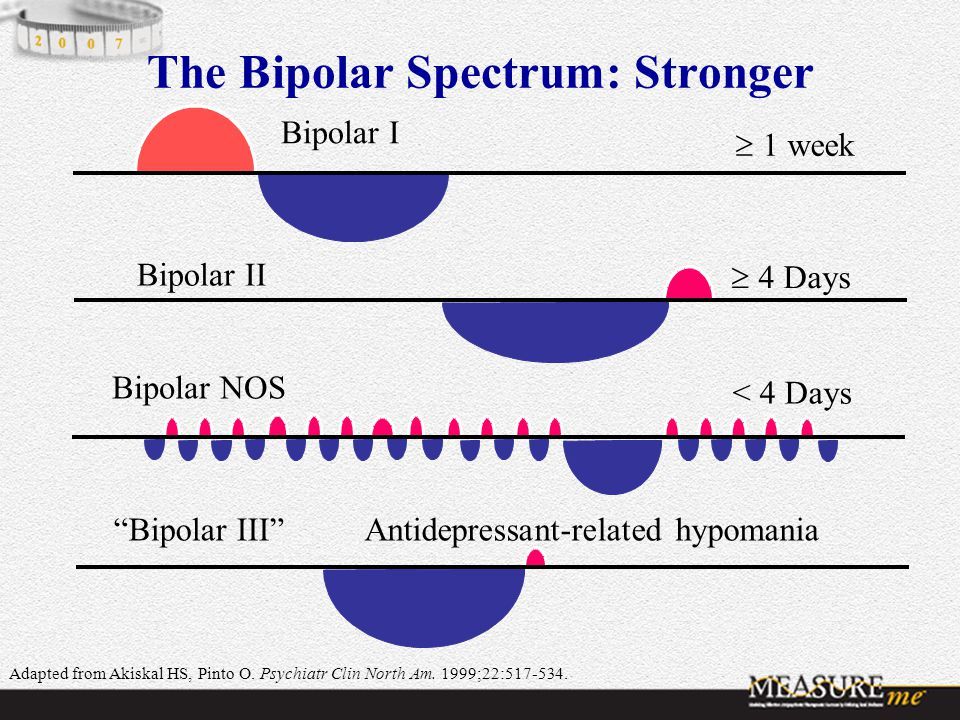
I spent 58,800 rubles on BAD treatment in a year
| Treatment | Price |
|---|---|
| Psychiatric appointment | 10 000 R, total 4 receptions of 2500 R |
| Psychotherapist appointment | 25 000 R, total 10 receptions of 2500 R |
| Antidepressants | 4800 R, 12 packs of 400 R |
| Antipsychotics | 7000 R, 7 packs of 1000 R |
| Normotimics | 12000 R, 15 packs of 800 R |
Reception of a psychiatrist
10 000 R, total 4 receptions of 2500 r
Psychotherapist reception
25 000 r, total 10 doses of 2500 r
antidepressants
4800 r, 12 packages of 400 p
neuroleptic
7000 R, 7 packs of 1000 R
Normotimics
12000 R, 15 packs of 800 R
Books I recommend reading about bipolar affective disorder
The most famous book about living with bipolar disorder is The Restless Mind.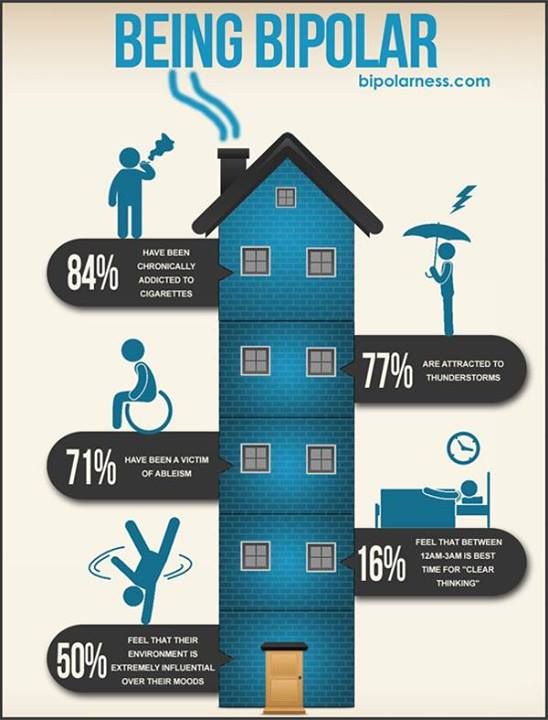 My Victory Over Bipolar Disorder by Kay Jamieson. Its author is a clinical psychologist with bipolar disorder.
My Victory Over Bipolar Disorder by Kay Jamieson. Its author is a clinical psychologist with bipolar disorder.
Another great book is Wishful Drinking, but it's in English. This is the autobiography of Carrie Fisher, the actress who played Princess Leia in Star Wars. The author has struggled with bipolar disorder and drug addiction all her life, but the book is surprisingly funny.
Of the Russian-speaking authors, it is worth reading the books of Masha Pushkina - she was the first in Russia to write about bipolar disorder for a wide audience. Her books: “Bipolar. How people with bipolar disorder live and dream” and “Bipolar people. Without masks. Candid stories of people who changed themselves and changed the world.”
Did you also have an illness that affected your lifestyle or attitude? Share your story.
Tell
how I live with bipolar affective disorder
This text was written by a reader in the Community. Carefully edited and formatted according to editorial standards.
Daria Borisova
learned that she suffers from bipolar disorder
Author profile
In September 2021, when I was 25 years old, my husband and I emigrated to the United States. Six months later, I was diagnosed with bipolar affective disorder.
I suspect that the disease began to develop earlier, back in Moscow, when we were preparing to move. Then for the first time I felt bad and turned to a psychologist. In general, communication with him helped: it became easier for me. But, as time has shown, not for long.
What is Bipolar Affective Disorder?
Bipolar disorder differs from normal mood swings in the duration of the changes. If a healthy person feels melancholy or inner uplift for several hours, then in a patient with BAD episodes last from several weeks to 3-6 months.
In addition, with BAD, the ups and downs of mood are brighter, they interfere with a normal life and work. During manias, a person sleeps little, talks a lot, and jumps from one idea to another.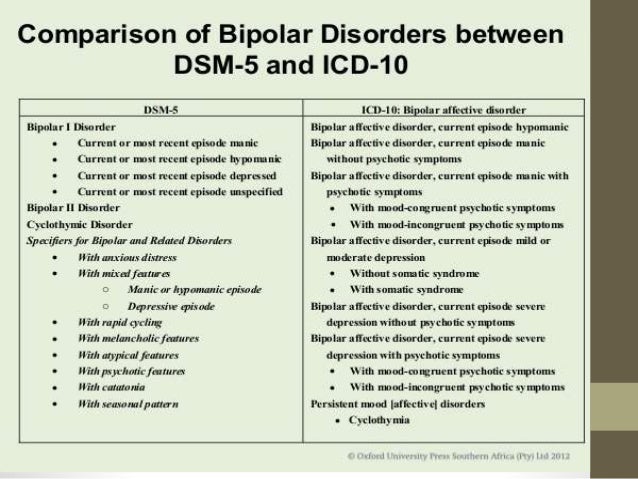 May buy things that he cannot afford, take risks, engage in promiscuity, be obsessive and aggressive. A milder version of mania is hypomania. In this case, the symptoms are not so bright, so loved ones may not even notice the changes.
May buy things that he cannot afford, take risks, engage in promiscuity, be obsessive and aggressive. A milder version of mania is hypomania. In this case, the symptoms are not so bright, so loved ones may not even notice the changes.
During episodes of depression, depending on the severity, a person may feel increased drowsiness or, on the contrary, insomnia, feel guilty, helpless and irritated. Some people have thoughts of suicide.
It happens that the symptoms of mania and depression are combined in one phase: the patient simultaneously feels a surge of energy and is in a depressed state. Such episodes of BAD are called mixed.
The number of episodes and their order cannot be predicted. In the intervals between exacerbations of the disease, a person usually feels normal.
The exact causes of bipolar disorder are unknown. It is believed that the disease develops due to an imbalance in the brain of neurotransmitters: serotonin, norepinephrine and dopamine.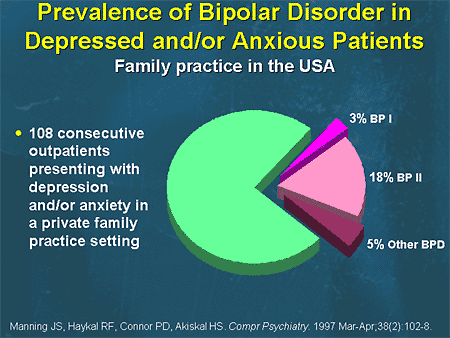 These substances are responsible for the "communication" of nerve cells with each other. The risk of getting sick is higher in those whose relatives already suffer from BAD. The average age of onset is 25 years. Although it also occurs in children and adolescents.
These substances are responsible for the "communication" of nerve cells with each other. The risk of getting sick is higher in those whose relatives already suffer from BAD. The average age of onset is 25 years. Although it also occurs in children and adolescents.
There is no cure for bipolar disorder, but with the right therapy, long-term remission can be achieved - a state in which the symptoms of the disorder do not appear.
Usually, patients are recommended drug therapy in combination with psychotherapy: normotimic drugs that stabilize mood, antidepressants that help cope with depression, antipsychotics that relieve excessive arousal. Medicines and their dosage are selected by a psychiatrist individually.
Patients receiving care continue to lead normal and productive lives. Without treatment, the disorder worsens: episodes of depression and mania become more frequent and become more severe over time.
Why I went to see a psychologist
In Russia, I worked as a pediatric dentist.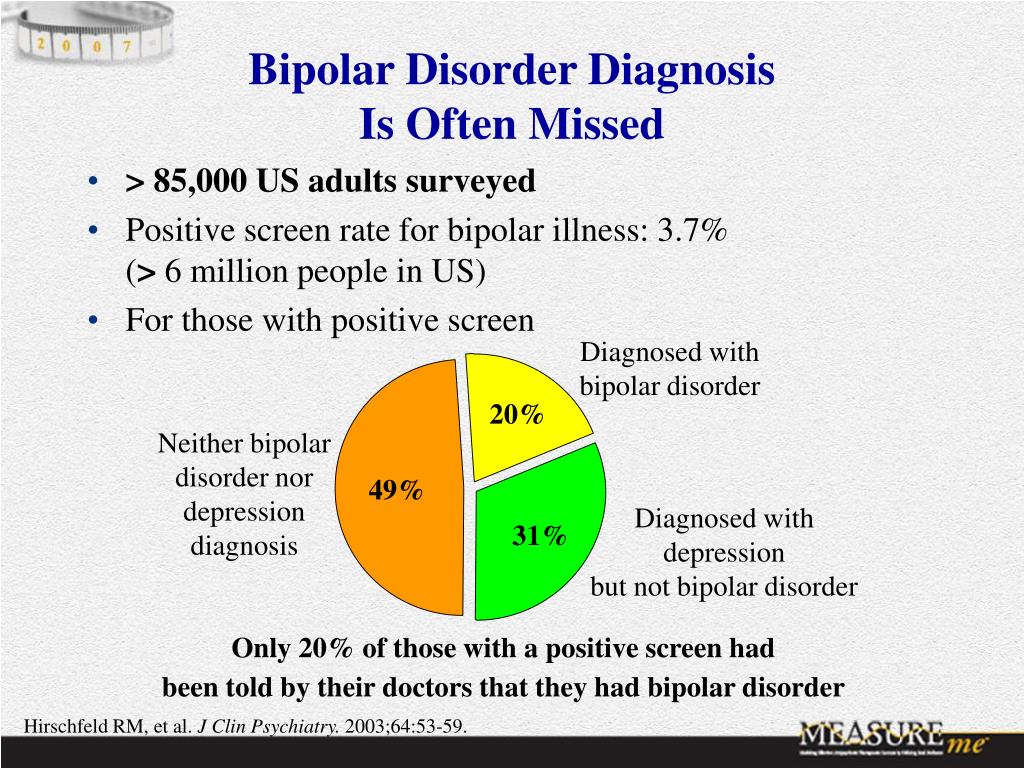 After the move, my husband and I set out to earn our living illegally for about a year, and then we had to get a work permit. I planned to enter a local university in order to confirm my qualifications and continue my medical practice in the United States.
After the move, my husband and I set out to earn our living illegally for about a year, and then we had to get a work permit. I planned to enter a local university in order to confirm my qualifications and continue my medical practice in the United States.
To prepare for emigration, I watched videos on YouTube. In them, people who moved to the United States shared the problems they faced after moving. A lot of their stories scared me. For example, they said that illegal workers can be thrown away with pay, that a decrease in social status is difficult to survive psychologically, and many families cannot withstand difficulties after moving and break up. Therefore, six months before the trip, I decided to turn to a psychologist to help me mentally prepare for the upcoming changes.
/psychotherapy/
How psychotherapy works
Around the same time, my workload increased at the clinic where I worked. Due to stress, sleep was disturbed: I slept 12, and sometimes 15 hours a day. During periods when she was especially worried, rashes appeared on her body. I was sure that all these problems were “from nerves”, so I hoped that a psychologist would also help with them. I did not turn to other specialists.
During periods when she was especially worried, rashes appeared on her body. I was sure that all these problems were “from nerves”, so I hoped that a psychologist would also help with them. I did not turn to other specialists.
I found a psychologist on the recommendation of a friend. At the first appointment, he simply listened to my complaints without offering any tests. The specialist explained the deterioration in my well-being by the desire to get away from reality - he advised me to move more, go out more often and have fun. One session with him cost 5500 R. In total, we had 10 of them.
As a result of the consultations, I got what I wanted: I felt more confident before the trip, I began to worry less. My rashes are gone. Only sleep did not improve: on weekends I slept both at night and during the day.
Now I think that the episode in Moscow was a mild form of depression. And the stress from the move led to the fact that the disorder worsened.
See a doctor
We do not make recommendations in this article.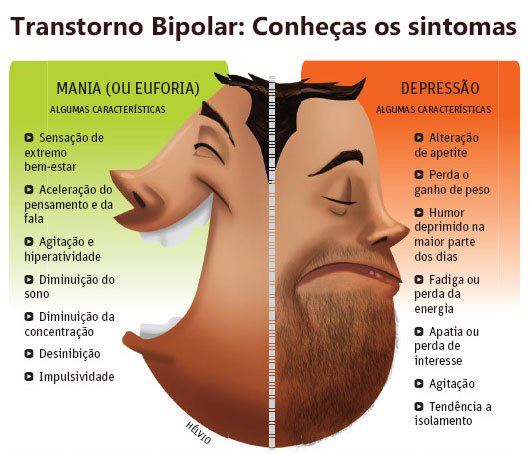 Please consult with your doctor before deciding on treatment. The responsibility for your health rests solely with you.
Please consult with your doctor before deciding on treatment. The responsibility for your health rests solely with you.
How I felt worse
In the USA, the most difficult thing for me was the lack of a legal job: I had to give up my specialty and do manual labor. It seemed that seven years of study at a Russian university had been flushed down the toilet and hopelessly lost. Nevertheless, the first two months after the move, I felt fine, and later I again felt an irresistible craving for bed.
The condition worsened gradually. At first, I tried to lie down in any free time, especially on the way to work in the car, and later I slept for days on end.
/mental-stat/
How many Russians suffer from mental illness
The world was gradually turning gray, a feeling of emptiness grew inside, my appetite disappeared, I ate only out of inertia. At the same time, the sight of food was disgusting. I stopped taking care of myself, rarely washed my hair, did not do makeup.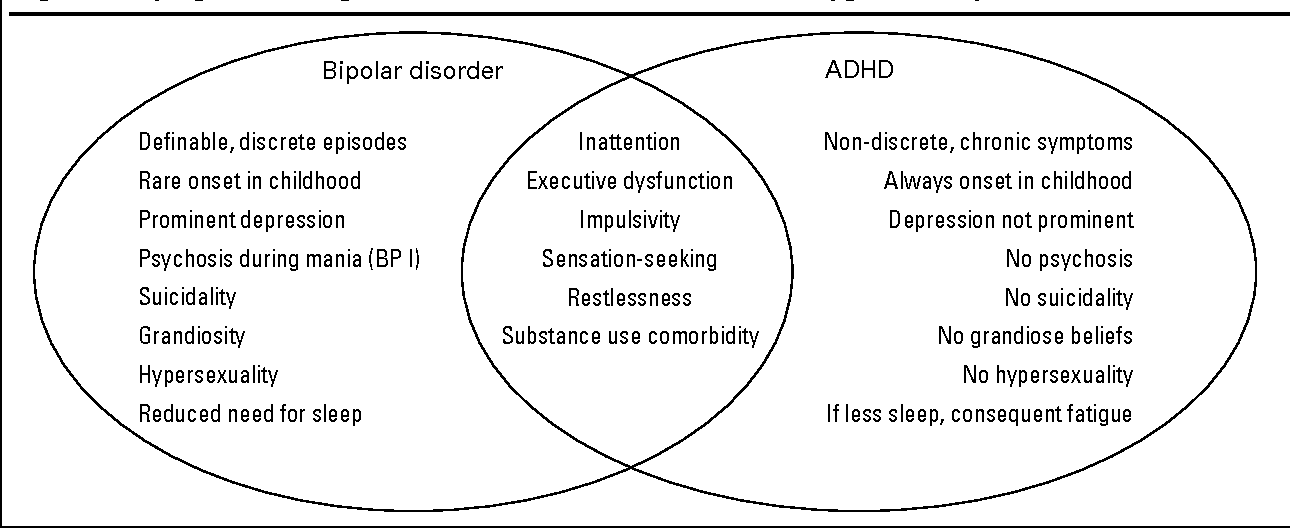 In shopping malls, I was scared by loud noises and bright lights.
In shopping malls, I was scared by loud noises and bright lights.
I often didn't know where I was. I could wander around the parking lot for hours, forgetting where I parked.
The new symptoms were much worse than those I experienced in Moscow. If then I would rate the severity of my condition as a three on a ten-point scale, then this time it was a full nine.
In addition, I had suicidal thoughts. Only a complete lack of strength and, oddly enough, thoughts about our cat kept me from attempting suicide. For some reason, it seemed to me that no one but me could take care of him.
My treatment
AntidepressantsAs soon as the first symptoms of the disease appeared, I complained about them in correspondence with a good friend in Moscow. She offered the help of her friend, a psychiatrist and psychotherapist rolled into one, who was ready to consult me online.
At first I had doubts: I was afraid that the specialist would discuss my well-being with a friend.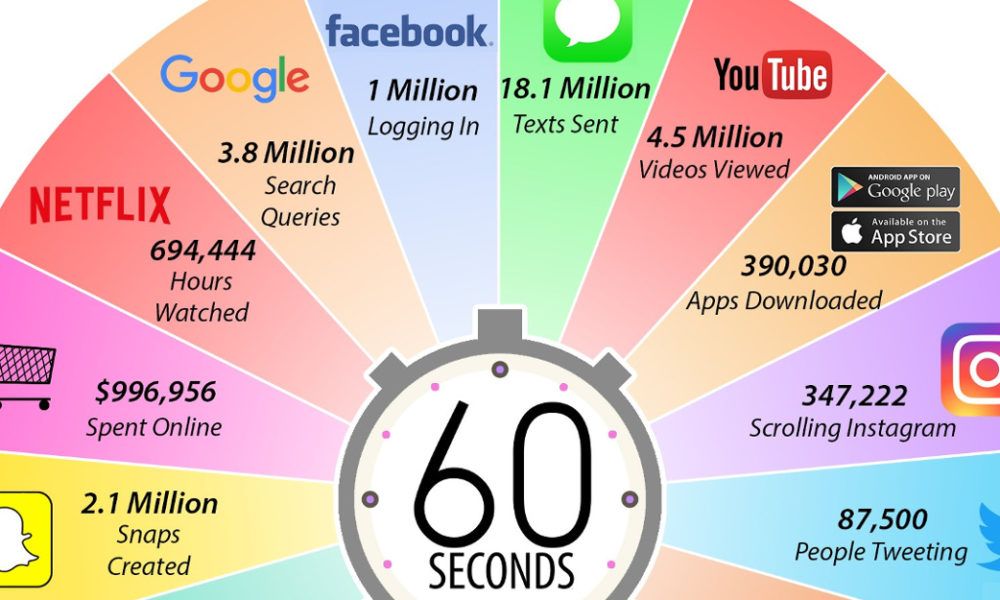 But then I realized that a professional would not do this, and agreed.
But then I realized that a professional would not do this, and agreed.
/list/psihiatr/
12 important questions for psychiatrist Kirill Sychev
The first consultation took place on the 20th of November. The doctor treated me very carefully: she asked me about the problems and everything that preceded them. We even dug into my past and discussed childhood traumas. As a result, she diagnosed me with a "depressive episode" and prescribed antidepressants from the group of selective serotonin reuptake inhibitors - escitalopram.
In addition, the psychiatrist recommended not to work at night, to adhere to a certain daily routine and not to take alcohol, as it is incompatible with antidepressants.
There were difficulties in getting the medicine. A doctor from Russia inspired me with confidence, so I did not look for another specialist in the USA. Moreover, I did not have medical insurance, and local friends scared me that going to a psychiatrist privately was expensive. I had to ask my friends to buy an antidepressant in Moscow and send it to the USA by Russian Post. I paid 7,000 R for the first batch of the drug, and the shipment cost 3,500 R.
I had to ask my friends to buy an antidepressant in Moscow and send it to the USA by Russian Post. I paid 7,000 R for the first batch of the drug, and the shipment cost 3,500 R.
What will happen to drugs in Russia: we analyze 5 groups of psychiatric drugs
An antidepressant that I bought in MoscowI waited for the medicine for about a month. All the while, my condition continued to deteriorate. On New Year's Eve, I could no longer get out of bed and just wanted to die. To reassure my friends and husband, I promised them that I would wait for treatment and not do anything to myself.
The doctor supported me: we did psychotherapy via video link. Used cognitive-behavioral therapy of the third wave. This technique teaches you to accept your feelings, work through negative experiences, take responsibility and not run away from problems.
Sometimes the doctor gave me interesting tasks, such as brushing my teeth consciously. Every day for three minutes I had to concentrate only on brushing my teeth, paying attention to what my tongue, gums and teeth felt.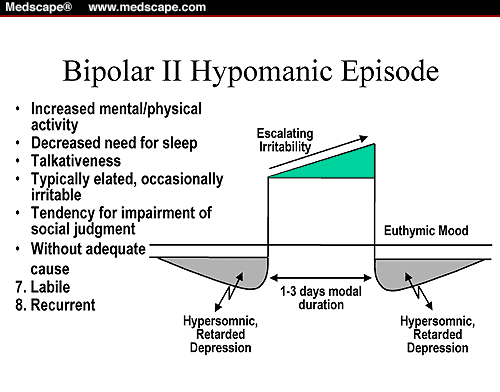 The task was difficult, but it helped to "ground" and not be carried away by thoughts into the clouds.
The task was difficult, but it helped to "ground" and not be carried away by thoughts into the clouds.
One session with a psychiatrist cost $40 (2537 R), in total I went through six of them.
In January 2022, I started taking escitalopram, the improvements were not immediate. On the recommendation of the doctor, I gradually increased the dosage, and at some point I noticed that I felt better. And after a couple more weeks, I felt not just good, but great.
It felt like I was moved to a rainbow with unicorns. I stopped sleeping at night, joked and laughed a lot, sometimes just lying on the floor laughing. I was infuriated that others did not share my fun and did everything too slowly.
/list/antidepressant-facts/
10 facts to know before taking antidepressants
Thoughts were spinning in my head like a carousel that I couldn't stop.
Feeling better, I ordered a second batch of an antidepressant from Moscow.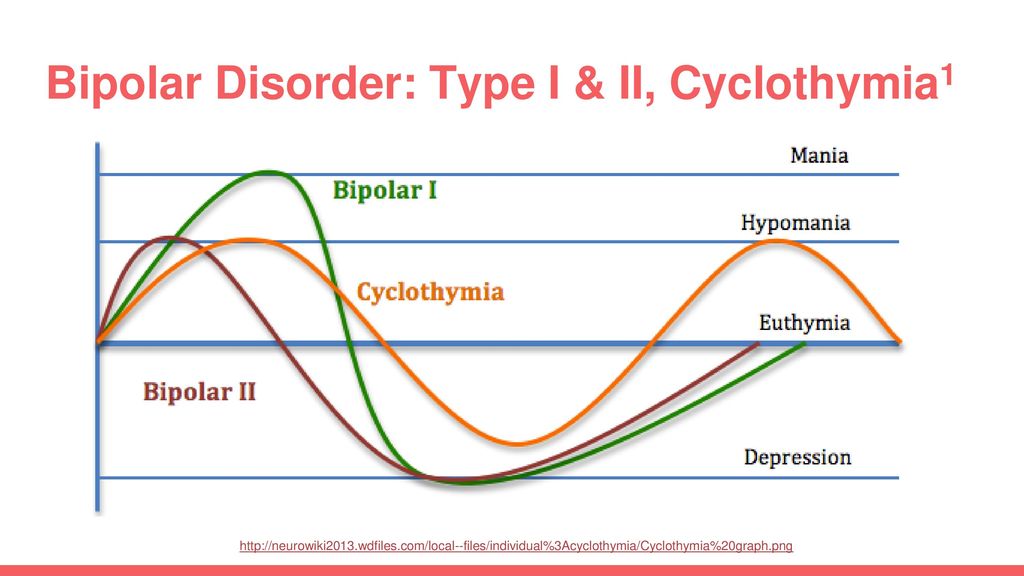 I scored 14,000 R. I did not pay for the shipment, because the drug was transferred to the USA with a friend.
I scored 14,000 R. I did not pay for the shipment, because the drug was transferred to the USA with a friend.
I liked the state of euphoria, but it alerted the psychiatrist. She explained that antidepressants provoked a pathologically elevated mood - hypomania. And this is a sign of bipolar affective disorder, or BAD. So I heard my diagnosis for the first time.
The doctor insisted that I stop taking the antidepressant - but not immediately, but gradually reducing its dose. Otherwise, due to the abrupt withdrawal of the drug, depression could return with renewed vigor. I was also prescribed a normothymic - valproic acid. The doctor warned that drug therapy should not be abandoned, but continued with a new drug, otherwise hypomania could develop into mania - excessive activity, which is often dangerous.
I again had to wait for a drug from Russia and wonder how many more nights I would go without sleep.
My treatment
Antipsychotics In the meantime, the symptoms continued to worsen.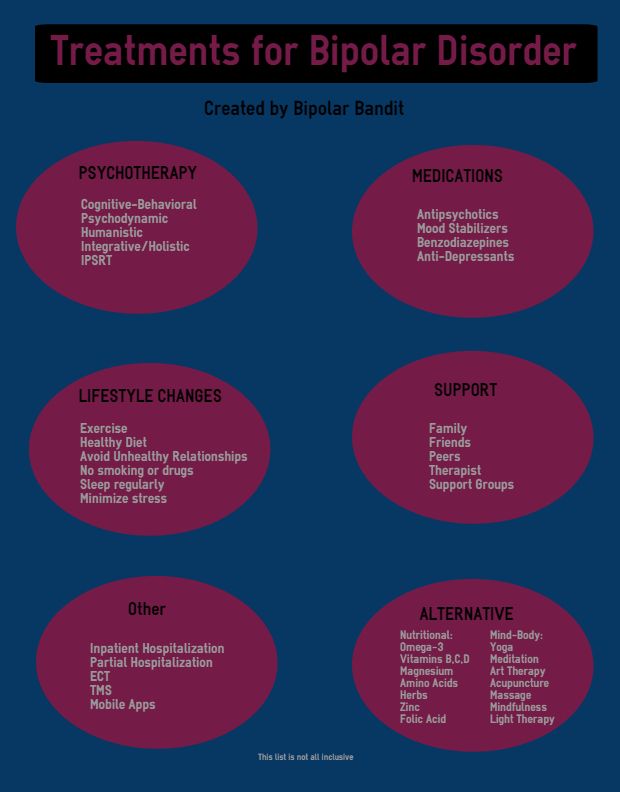 I behaved like an electric broom: I rubbed the apartment to a shine and was in constant motion. The doctor was forced to interrupt our psychotherapy because I could not calmly sit through the session: I looked at her and laughed for no reason. It's embarrassing to even think about it now.
I behaved like an electric broom: I rubbed the apartment to a shine and was in constant motion. The doctor was forced to interrupt our psychotherapy because I could not calmly sit through the session: I looked at her and laughed for no reason. It's embarrassing to even think about it now.
In addition, I had auditory hallucinations. For the first time, I heard a male voice that asked me to do something with the papers. At first it seemed that my husband was talking to me, at that moment he was nearby. But when I looked at him, I realized that in fact he was silent. And other people were too far away for me to hear them so clearly. So I realized that it was a hallucination.
The sensations were as if I had been stunned, got into my head and said something loudly in the back of my head.
There were three auditory hallucinations in total. After the first one, I immediately wrote to the psychiatrist. She reassured me, said that this happens with BAD. The second and third hallucinations frightened me less: I understood that this was a manifestation of the disease and that it would pass with time.
The second and third hallucinations frightened me less: I understood that this was a manifestation of the disease and that it would pass with time.
But I couldn't wait any longer for the normotimic from Russia - I decided to buy it in the USA. To get a prescription, one had to contact a local psychiatrist. I found the doctor again through friends. It was important for me that he spoke Russian. I know English well, but I was afraid that due to the difference in mentality, the American doctor would misunderstand something and misinterpret my complaints.
How much does medicine cost in countries popular among Russians
Psychiatric services turned out to be not as expensive as friends said. For the first appointment, I paid 300 $ (19,032 R) - by local standards, this is an acceptable price.
The consultation lasted 40 minutes. The doctor listened to me carefully, asked questions and talked to my psychiatrist from Russia via video link. In the course of the conversation, it turned out that there was a paranoid component in my disorder - the idea of persecution: it seemed to me that those around me only did what they were discussing.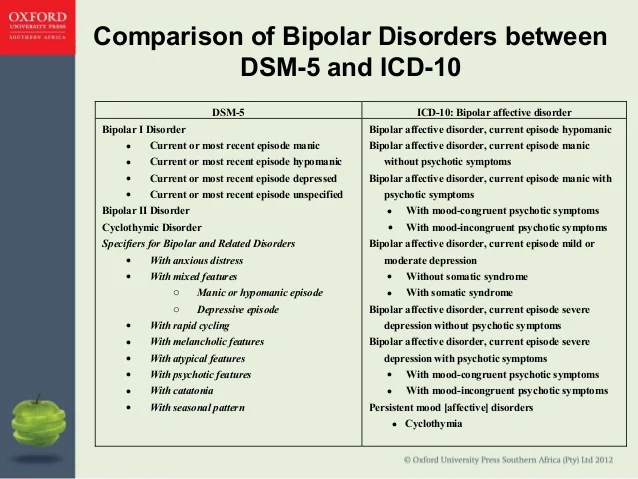 On the street, I even often turned off the sound in my headphones to check if this was the case. I myself considered this behavior normal, so I didn’t tell the doctor about it before.
On the street, I even often turned off the sound in my headphones to check if this was the case. I myself considered this behavior normal, so I didn’t tell the doctor about it before.
The specialists agreed that it would be better to start my treatment with the atypical neuroleptic quetiapine. This drug was supposed to remove excessive excitement. Since I didn't have health insurance to cover my treatment, the doctor prescribed a cheaper generic.
The prescription was electronic, the doctor sent it to the pharmacy, from where they later called me and sent an SMS that the order was ready for delivery. I drove up in a car to a special window, like in Makavto, gave my last name, date of birth, and received the drug. A jar of pills for 30 days cost $45 (2855 R).
There are two drugs in the photo: quetiapine and valproic acid, which I was prescribed later. In American pharmacies, the prescribed amount of medicine is dispensed in jars, and not in factory packaging. Instructions are attached to the jarsWhy I refused treatment, but returned to it again
The psychiatrist promised that the side effects from the antipsychotic would not be severe and I would not have problems driving a car.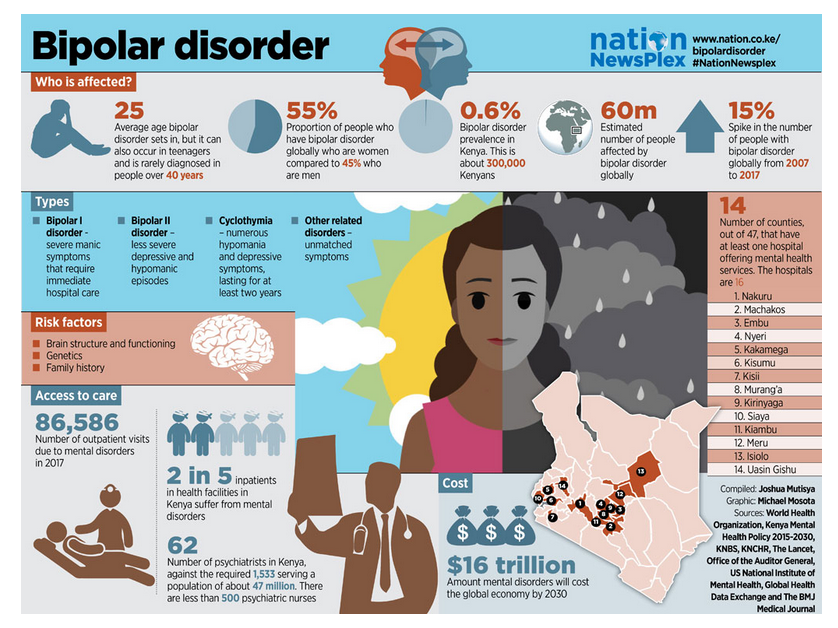 I specifically clarified this nuance during the consultation, because at that time I worked in delivery.
I specifically clarified this nuance during the consultation, because at that time I worked in delivery.
As it turned out, the doctor made a mistake. The new drug made me so sleepy that I didn't dare to drive. In addition, my head began to spin. It felt like the ground was moving underfoot in layers, like during an earthquake. Paranoid thoughts intensified: when I went into a cafe to pick up a delivery order, it seemed to me that everyone turned around and discussed how drunk I was - that's exactly how I felt at that moment. I was also worried about nausea, bloating and stomatitis.
I went to the American psychiatrist again to complain about the side effects and find another medication. The doctor said that since I'm visiting him for the second time in a month, the consultation will cost $100 (6344 R). At the same time, for the next ones, I will again have to pay $300 (19,032 R).
/bipolyarnoe-rasstroystvo/
How much does it cost to treat bipolar affective disorder?03 P) for a jar.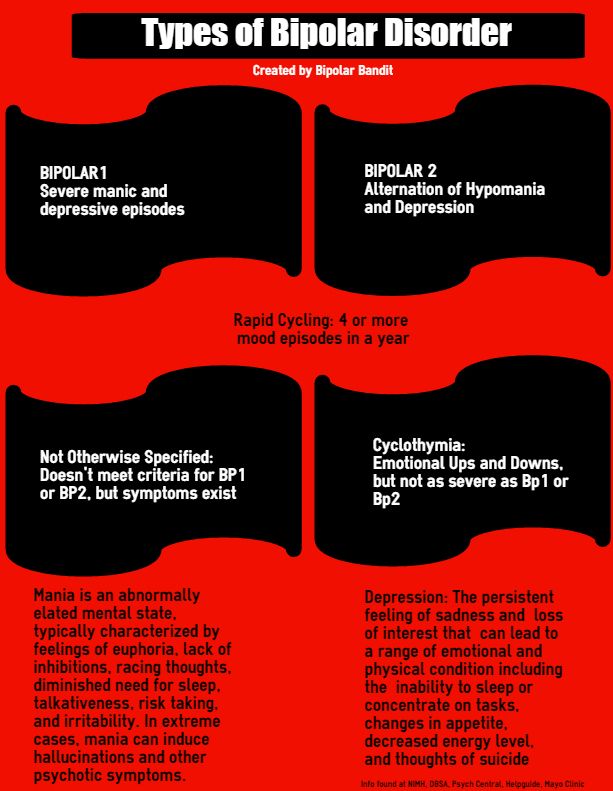 By that time, I was very tired of the side effects of quetiapine. And in the instructions for the normothymic, so many new side effects were listed that I got scared and did not take it.
By that time, I was very tired of the side effects of quetiapine. And in the instructions for the normothymic, so many new side effects were listed that I got scared and did not take it.
I decided to give up all medications and "treat" with an exclusively healthy lifestyle. I did not discuss my intentions with the American psychiatrist. And the Russian, with whom we continued to correspond, was simply put before the fact. The doctor could not dissuade me from this step, because she was on vacation and she did not have access to the Internet.
During the same period, I started reading the book by Masha Pushkina and Evgeny Kasyanov "Bipolar Disorder: A Survival Guide for Those Who Often Don't See the White Line". I devoured it in just one day.
The authors provided strong evidence in favor of drug therapy for bipolar disorder. I realized that I got excited about refusing the medicines, and again contacted the doctor from Russia, apologized and asked her to help me resume treatment.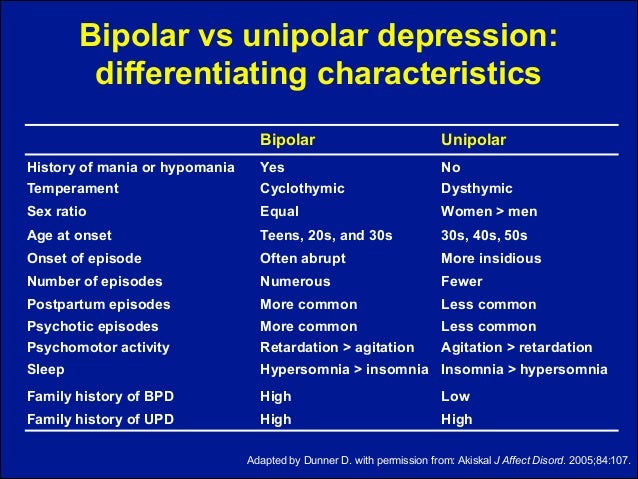
My treatment
NormotimicsMy "rebelliousness" lasted only a few days, so I did not have time to feel worse. When I started taking valproic acid, I experienced relief: it did not cause any side effects, but it evened out my mood. Gradually, we even increased the dosage.
Until I entered the intermission - the period between exacerbations of the disease, when a person feels normal. But bright glimpses in my state happen more and more often.
Valproic acid helps keep your mood in the normal range without going into plus or minus.
For some time, with a Russian psychiatrist, we selected the minimum dose of antipsychotic to improve sleep. But now we plan to finish taking the drug: it has already coped with its task. In addition, there is a suspicion that because of him I gained about eight extra pounds in two months of treatment.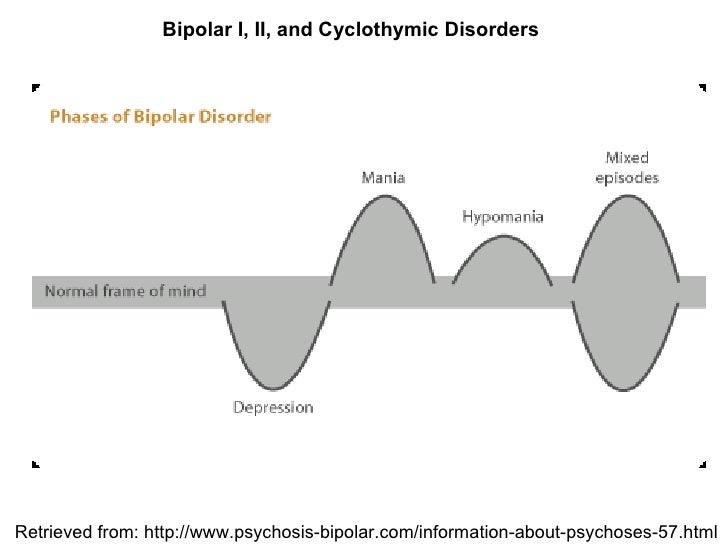 This also became a reason for cancellation.
This also became a reason for cancellation.
/list/psychoterapevt/
10 important questions for psychotherapist Sergey Divisenko
In a few months we will resume psychotherapy. So far, we communicate with the Russian doctor only via WhatsApp: several times a week, she finds out how I feel and, if necessary, adjusts the doses of the drugs. When I need to clarify something about an illness, side effects of drugs, I ask for a consultation for 30-40 minutes. I pay for every $20 (1269R). During the entire observation period, I took two or three repeated consultations with the doctor.
How bipolar disorder affected my life
The illness affected my work and studies. All this time I had several jobs, one of which was delivery. At some point, it was hard for me to drive because of drowsiness, so I only helped my husband: I took orders, and we delivered them together.
My husband is my main support and support. It helps me fight the disease and track changes. My friends also support me. I am grateful to them for not turning away from me when they found out about the diagnosis. Some relatives decided that I invented my illness and was actually healthy. I think that the reason for this is the stigmatization of mental disorders. It is unpleasant for people to realize that their loved one is mentally ill. In general, I can understand them: while I myself am in the stage of accepting this fact.
My friends also support me. I am grateful to them for not turning away from me when they found out about the diagnosis. Some relatives decided that I invented my illness and was actually healthy. I think that the reason for this is the stigmatization of mental disorders. It is unpleasant for people to realize that their loved one is mentally ill. In general, I can understand them: while I myself am in the stage of accepting this fact.
/shizofreniya/
How much does it cost to support a relative with a mental disorder
Due to illness, I postponed my admission to the university. Previously, I planned to receive letters of recommendation and collect a package of documents by September 2022. And now I've relaxed and I'm going with the flow - I'll pass the exams when I'm ready. So far, I have purchased a program for preparing for tests and I am going through it in a comfortable mode so as not to overload myself. I assist a dentist in the dental office, and my hands shake from time to time, although not much.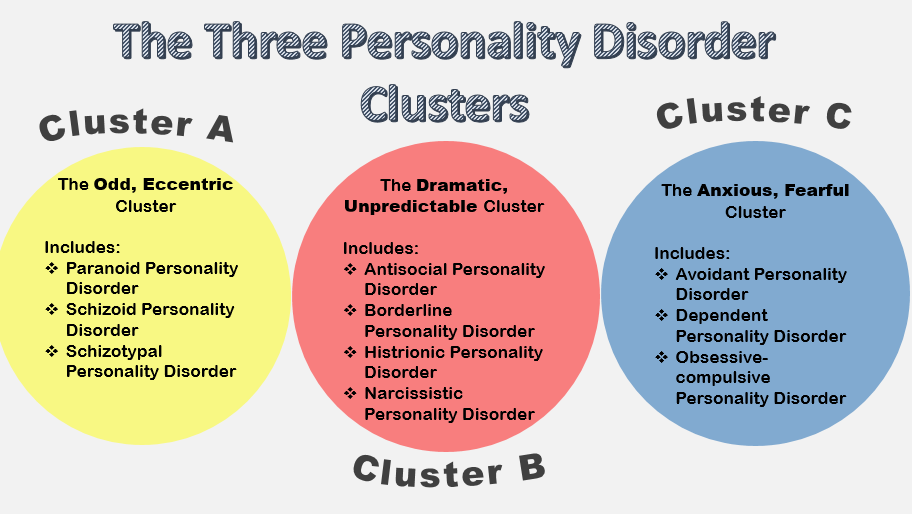 I assume that this is a side effect of the normotimic - at least the doctor warned about this. Perhaps, because of him, I feel tired, which also affects the work.
I assume that this is a side effect of the normotimic - at least the doctor warned about this. Perhaps, because of him, I feel tired, which also affects the work.
Bipolar disorder has definitely changed my lifestyle. I gave up working at night, stopped drinking alcohol, started playing sports, and keep a daily routine. I do not take stimulants: coffee and energy drinks. Eat healthy food whenever possible.
I have become more responsible towards myself. Now I know that in any situation, I will first of all think about my health.
Expenses
Almost five months have passed since my first visit to a psychiatrist. During this period, I spent money on medicines, psychotherapy sessions, consultations of Russian and American doctors. In Moscow, she paid for the services of a psychologist.
In the US, I was given prescriptions that allow me to buy medicines at the pharmacy three times. Then you will need to contact an American psychiatrist again to get new appointments.